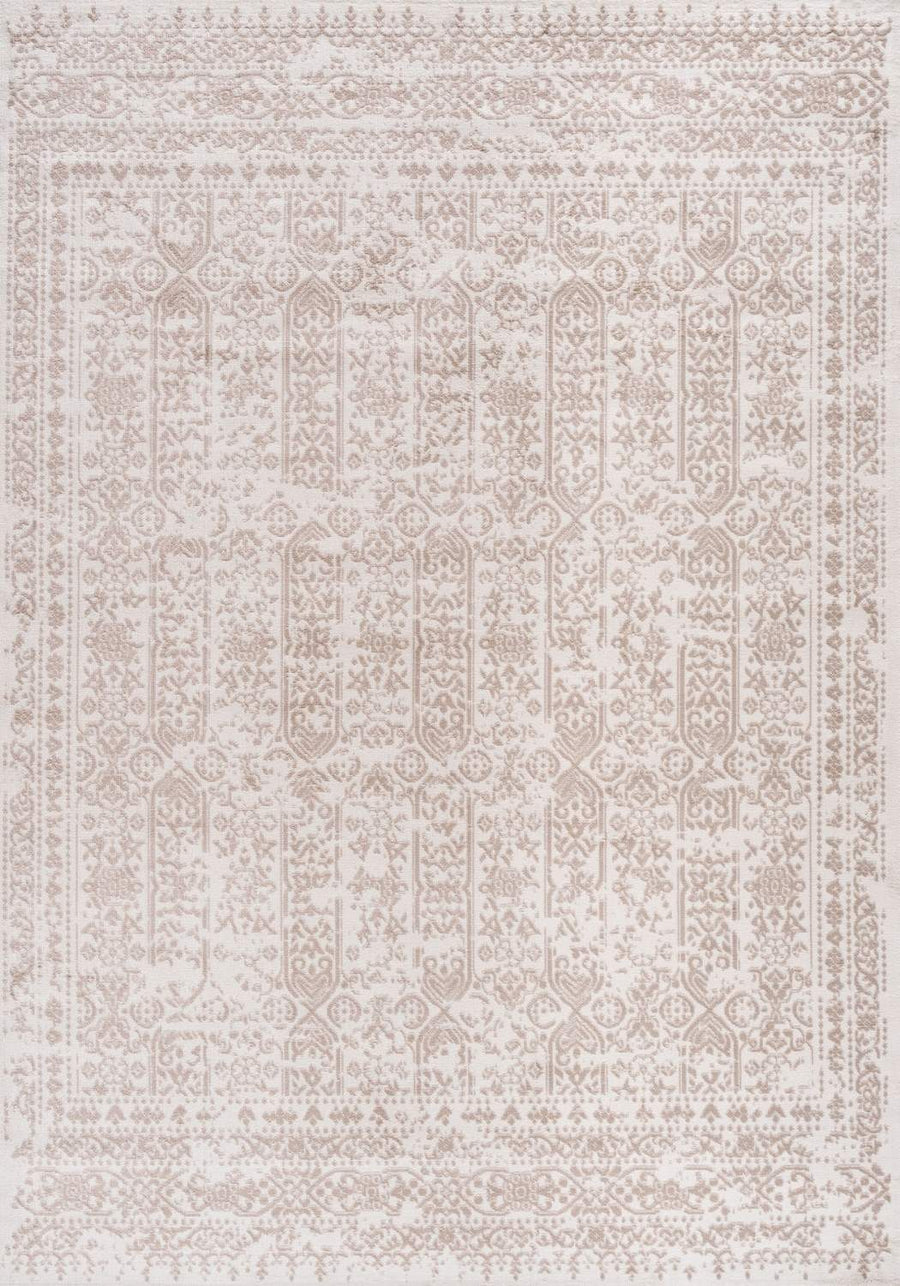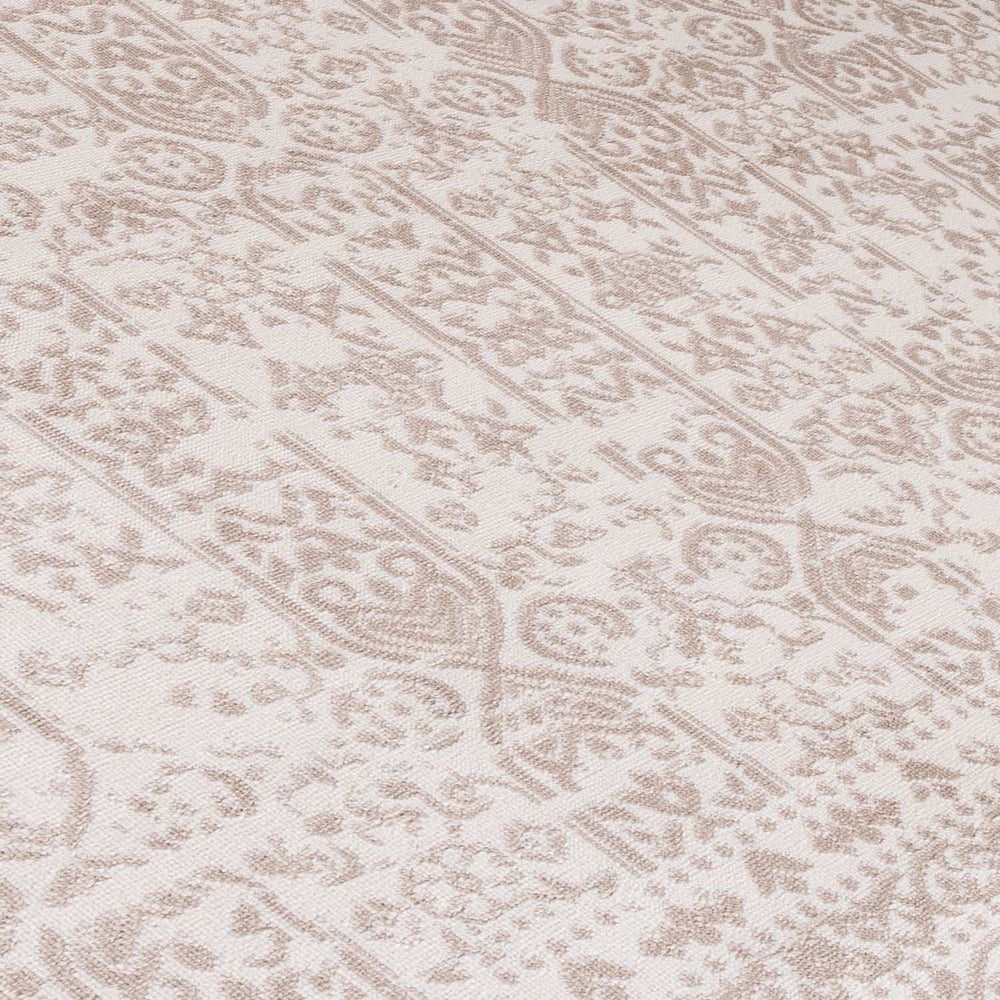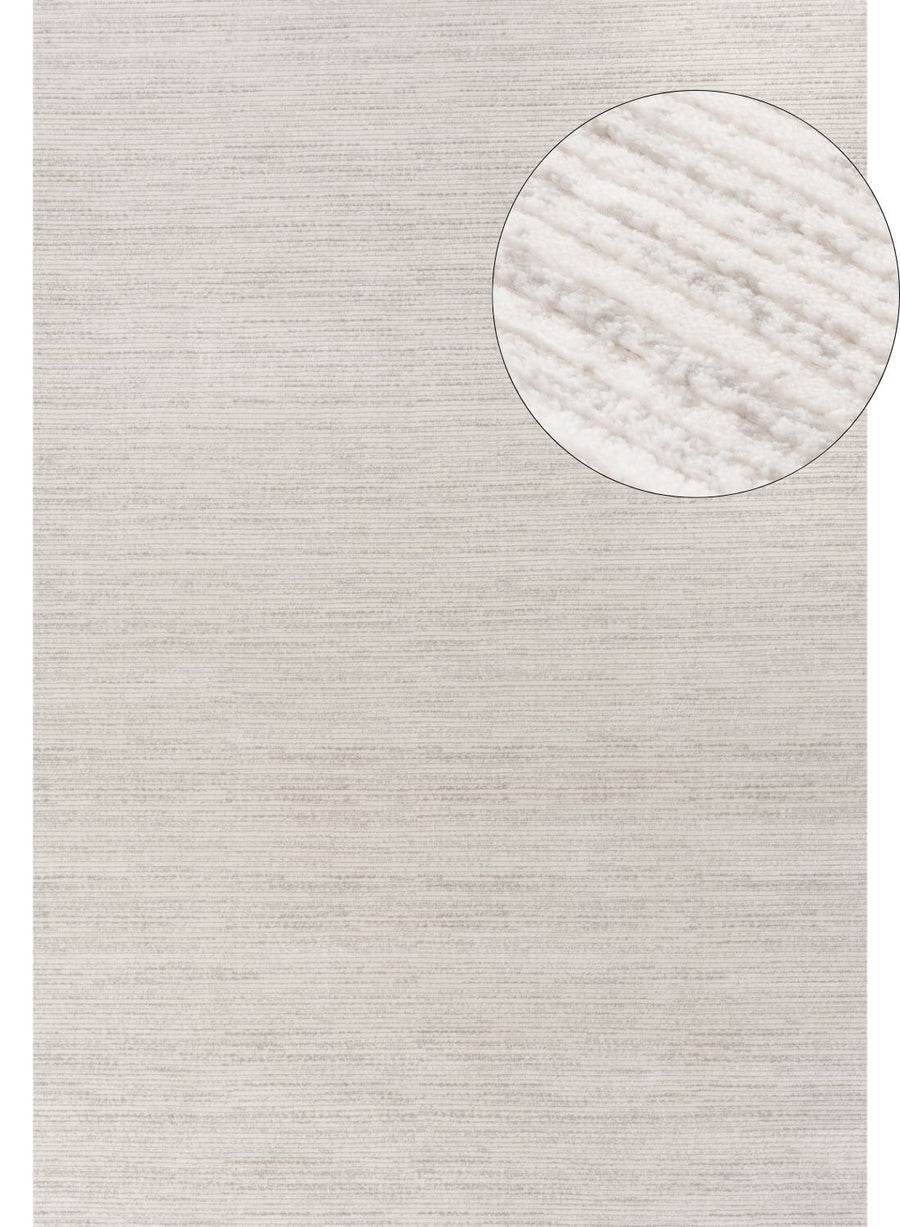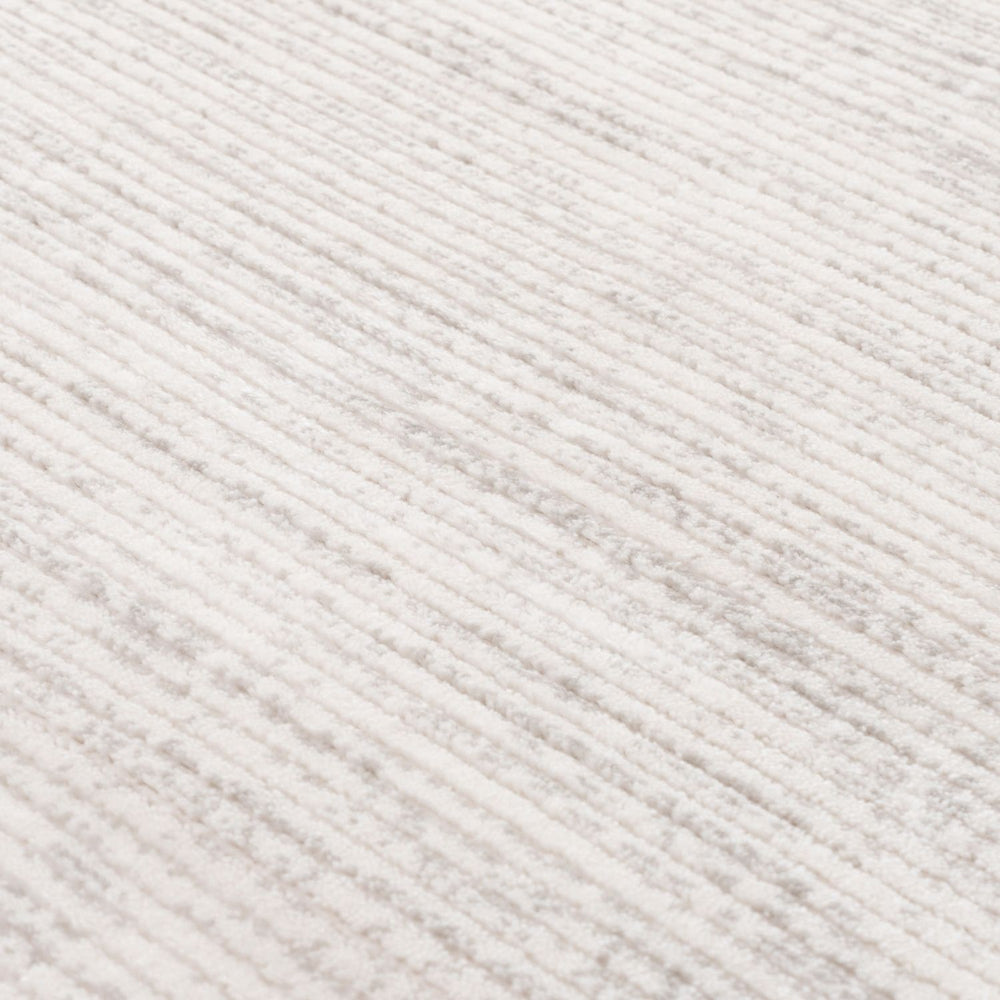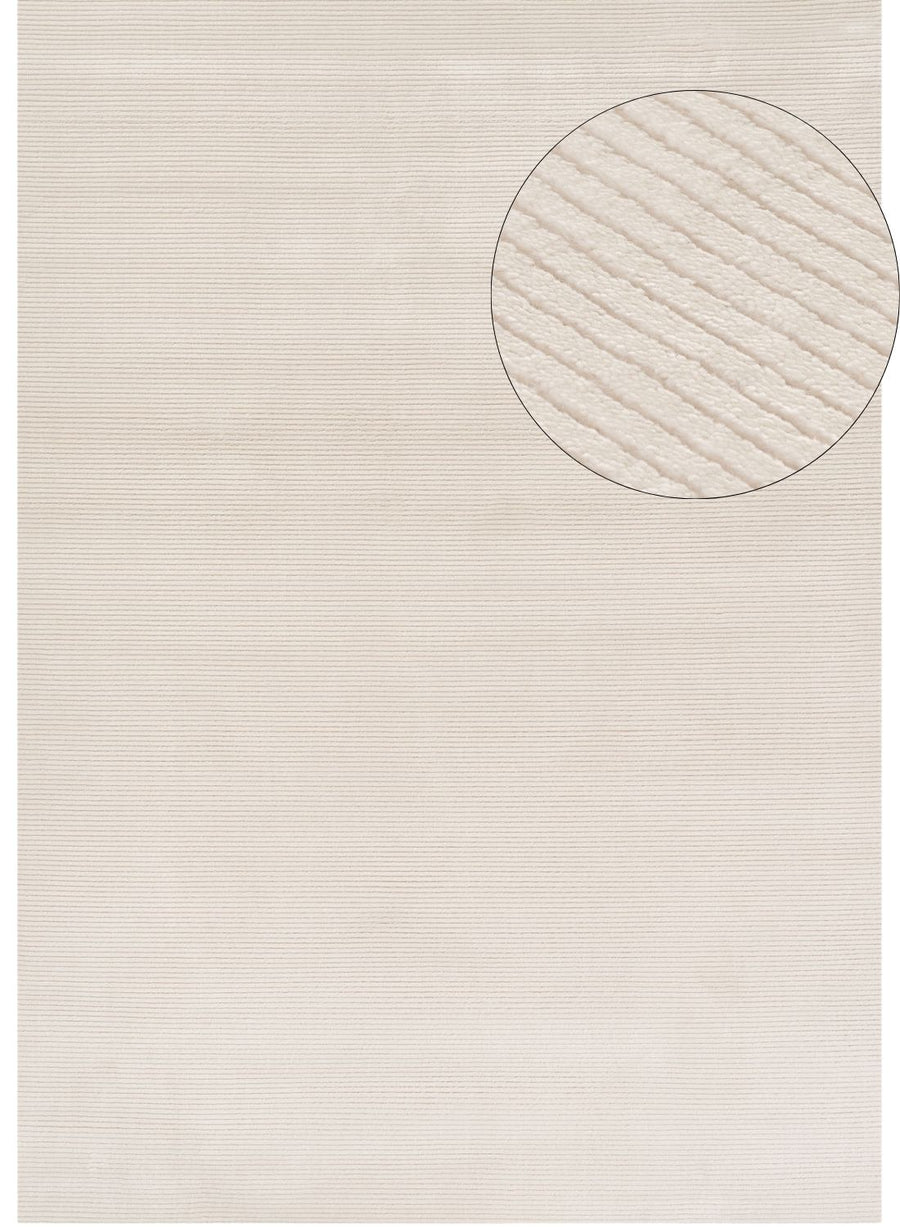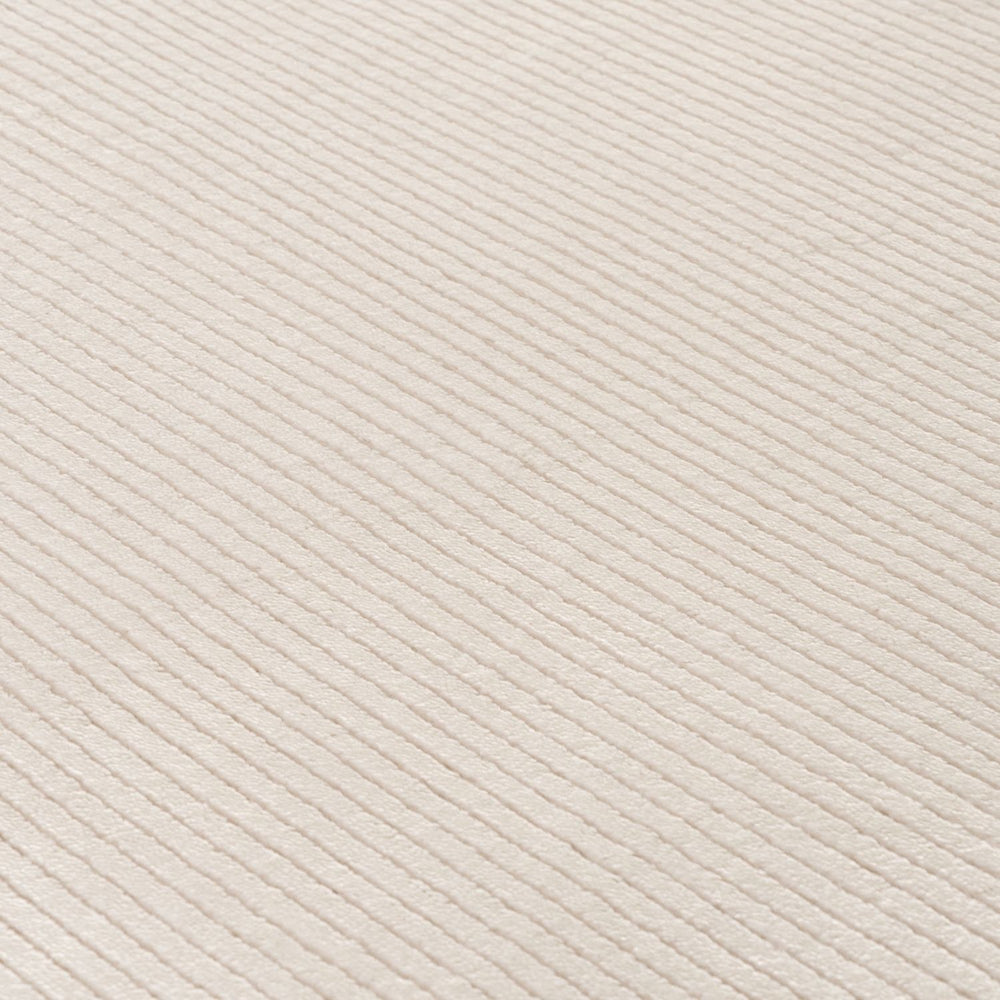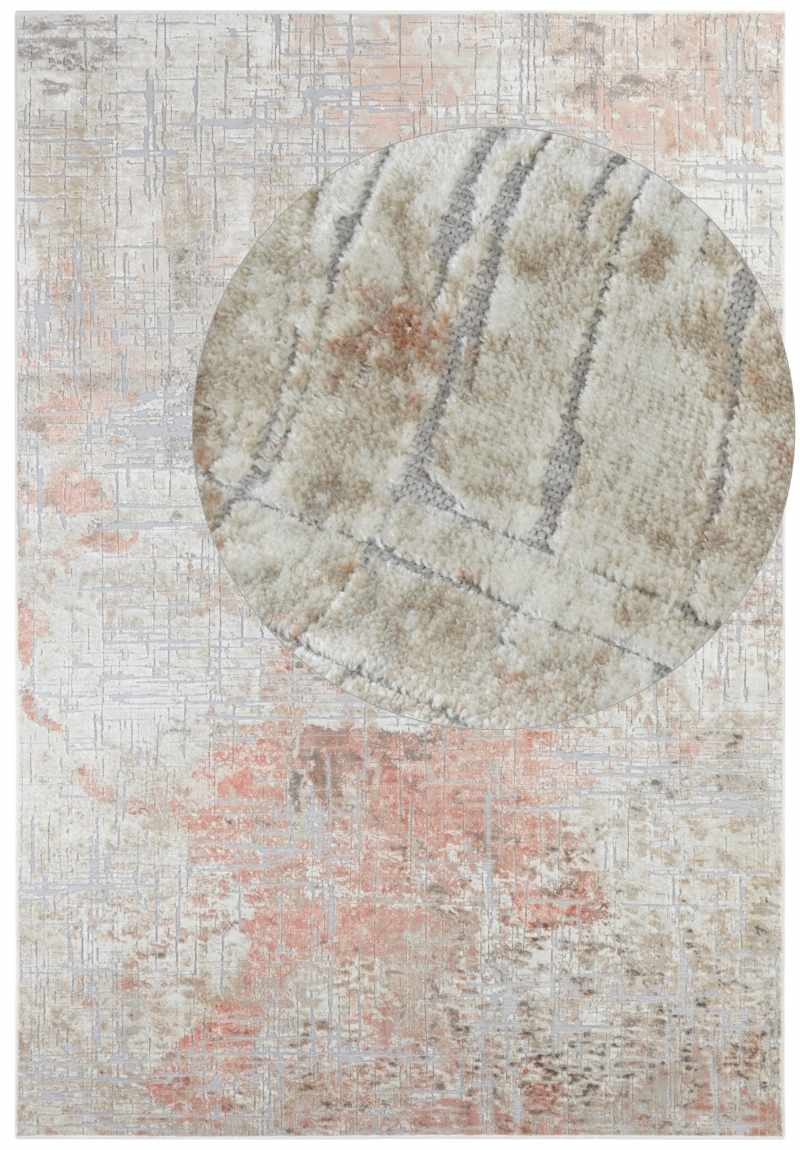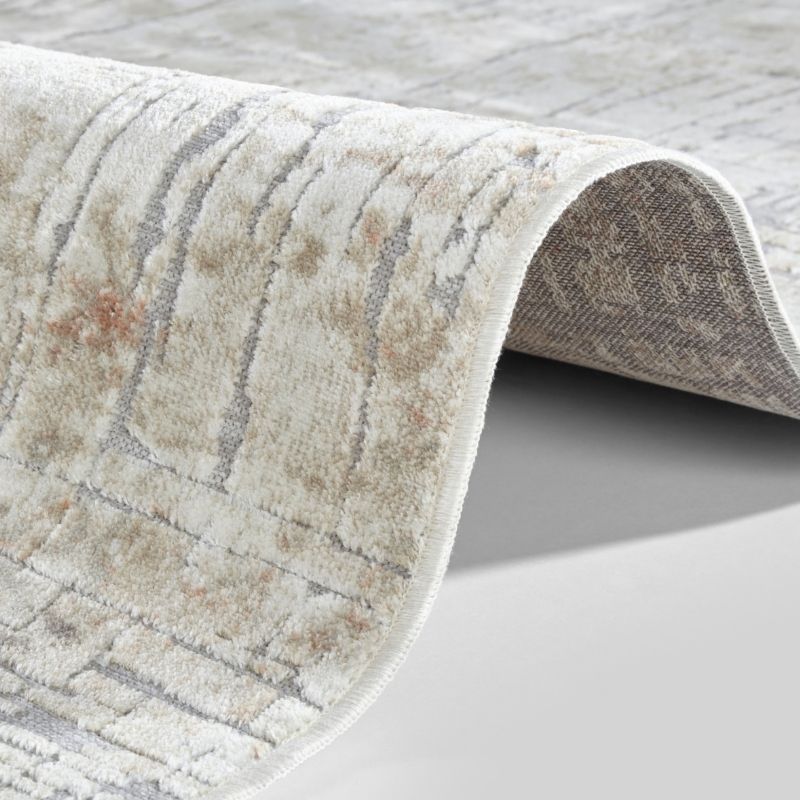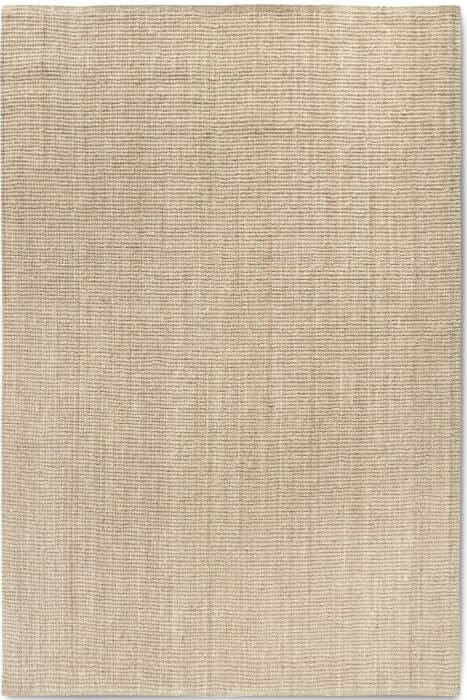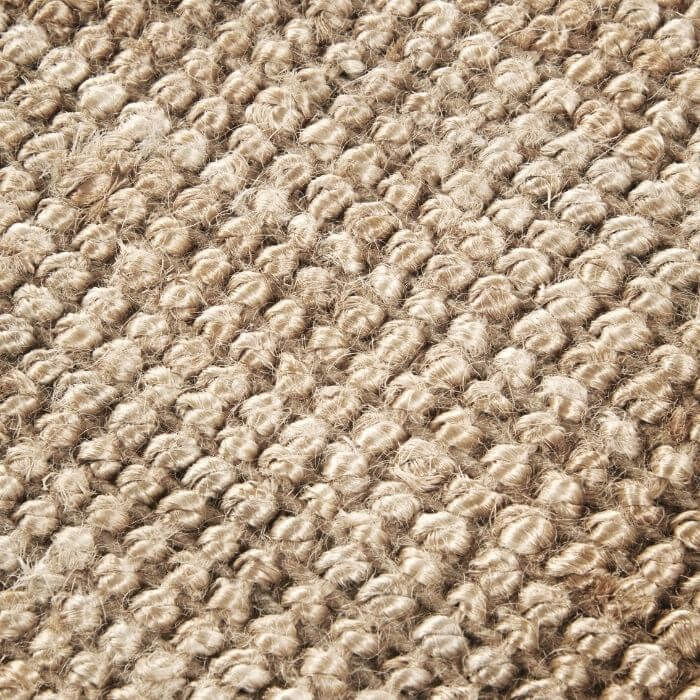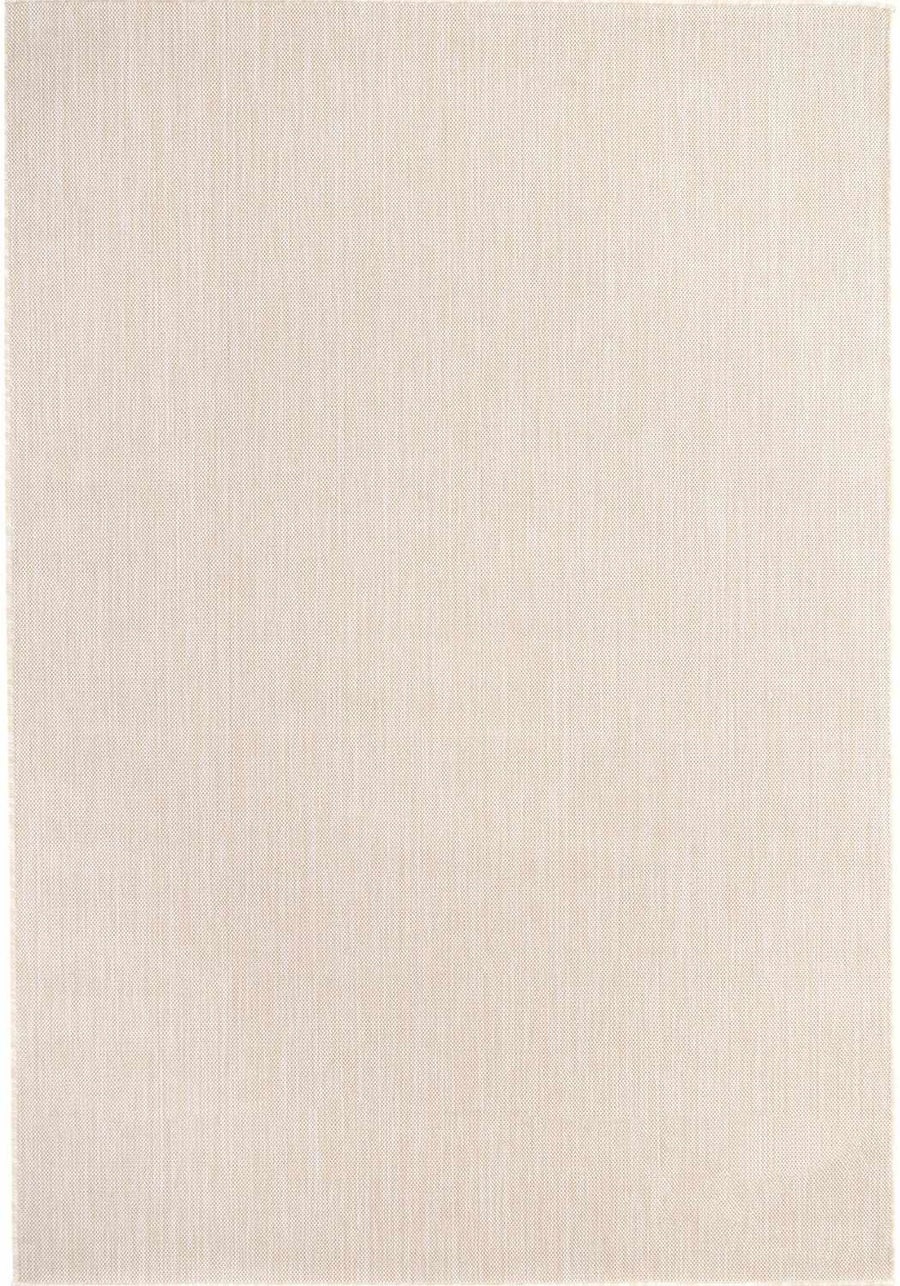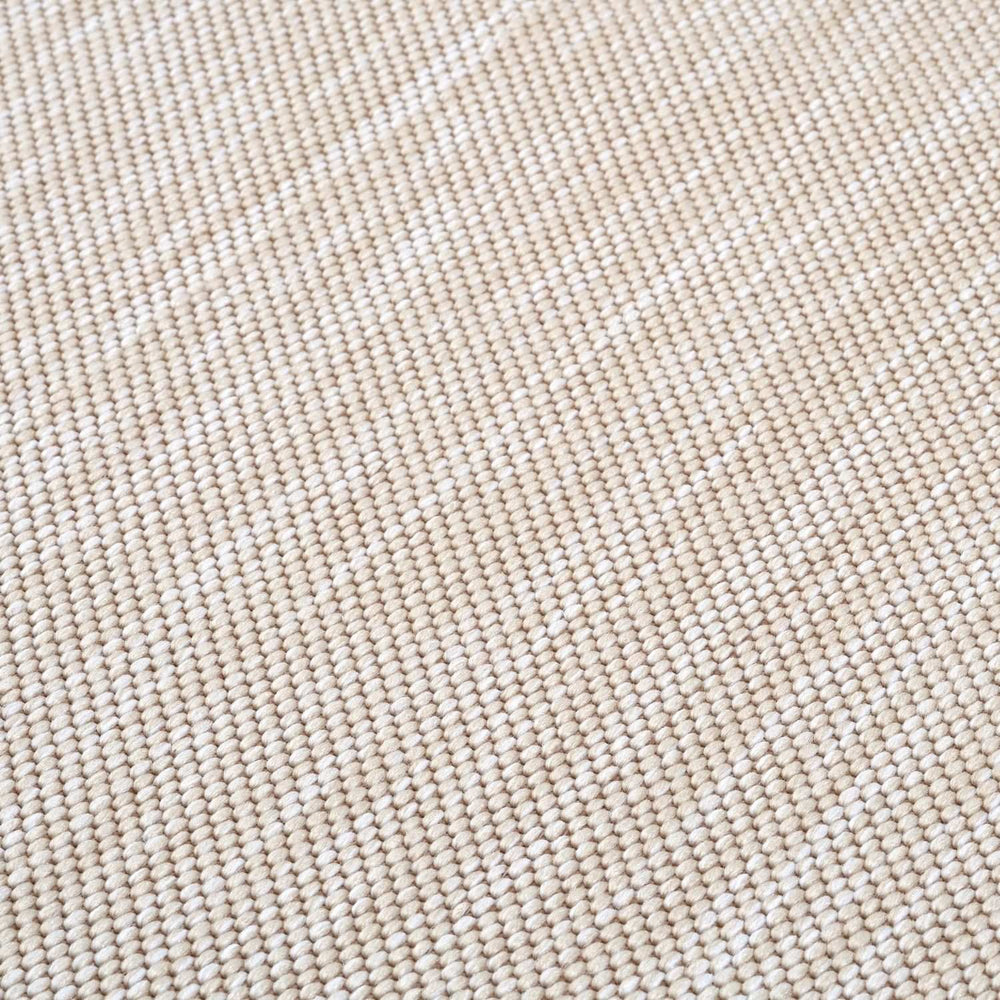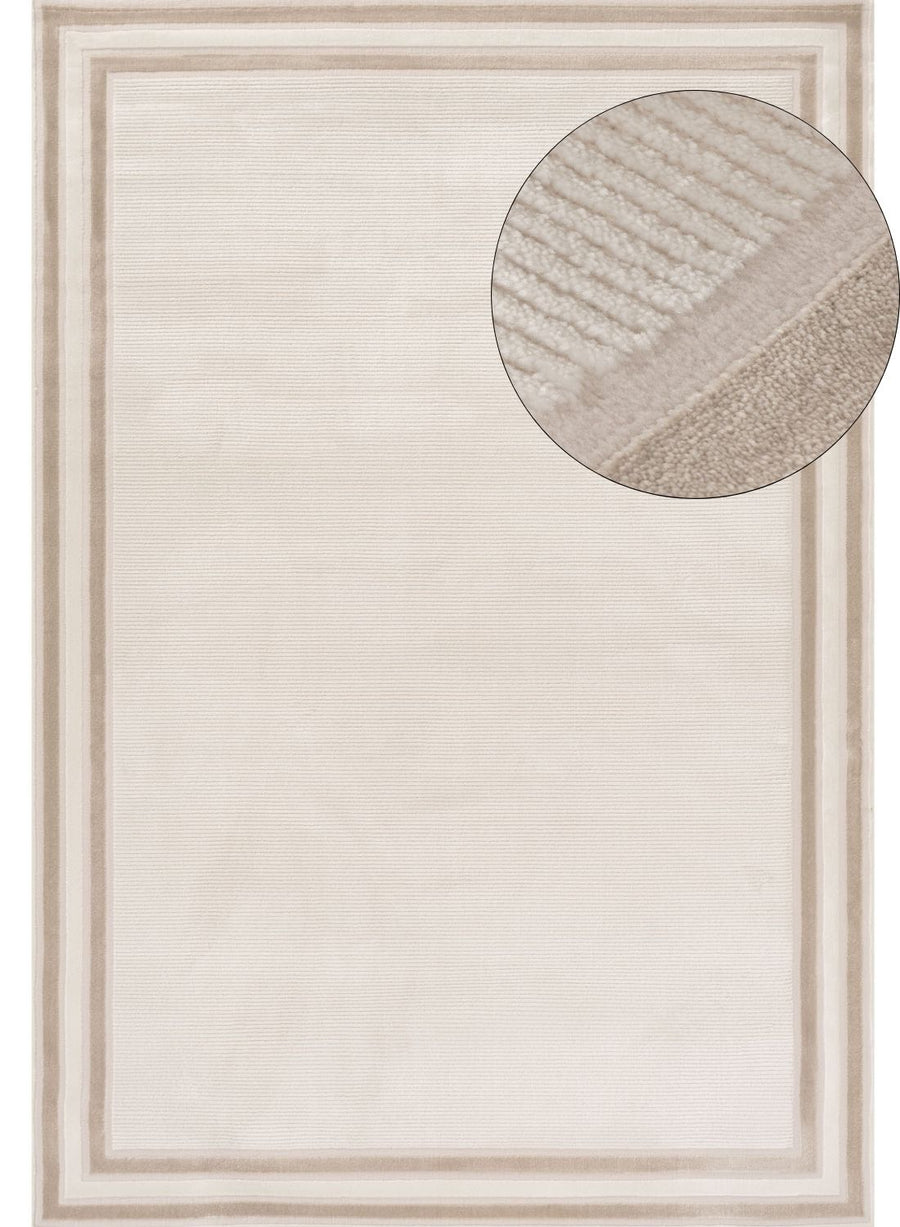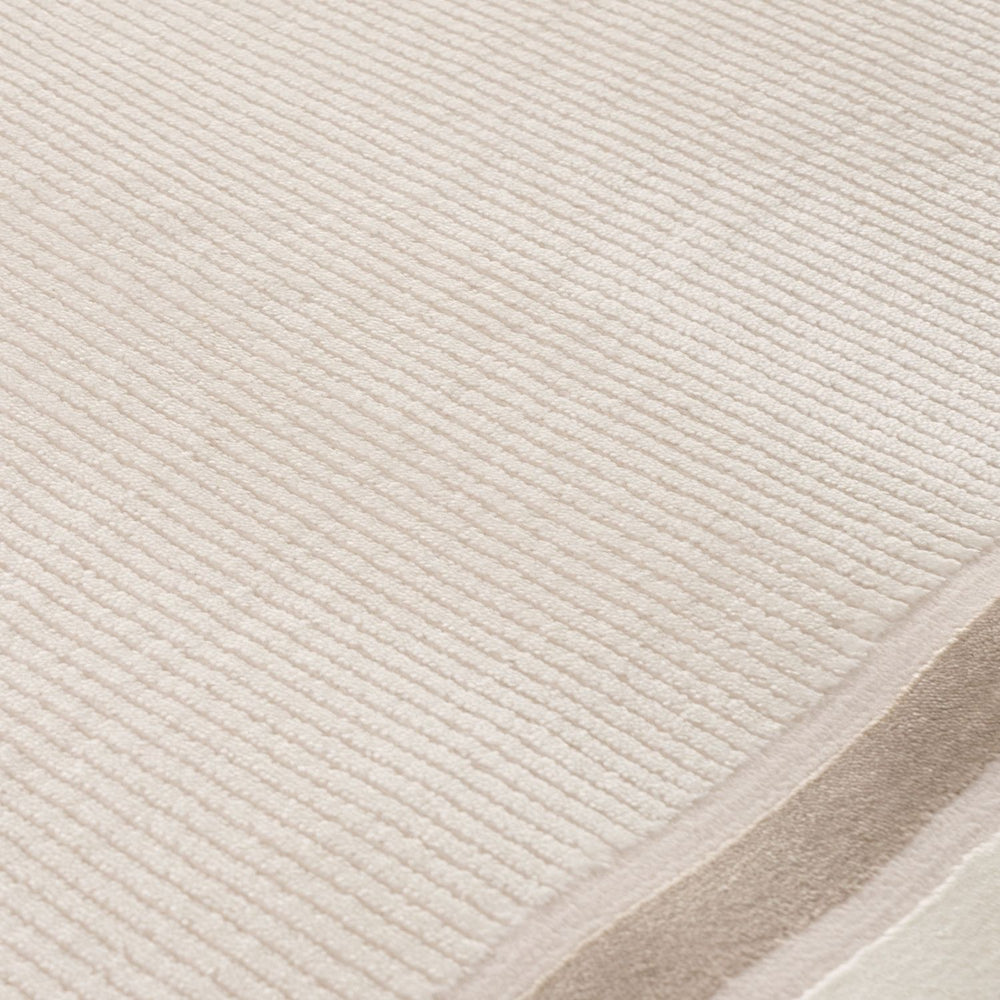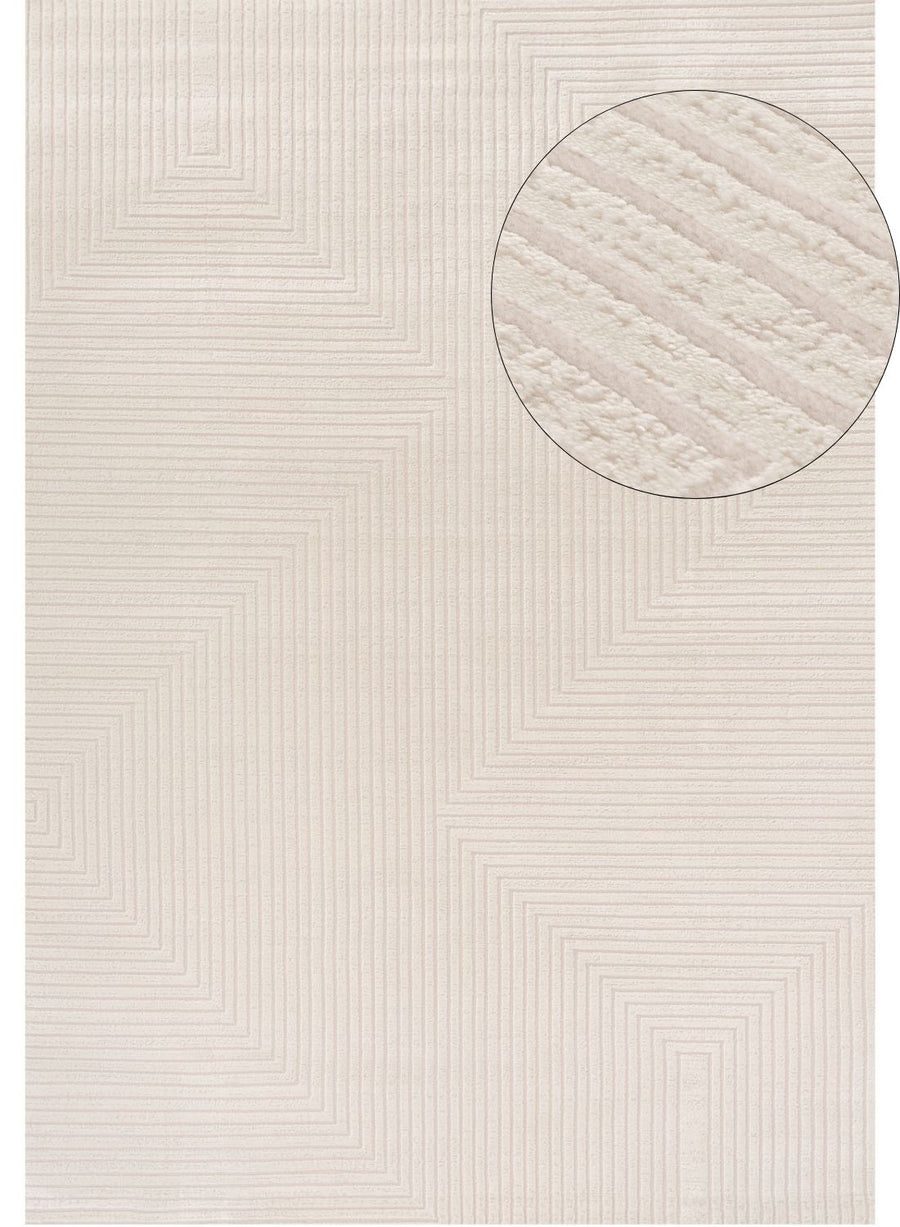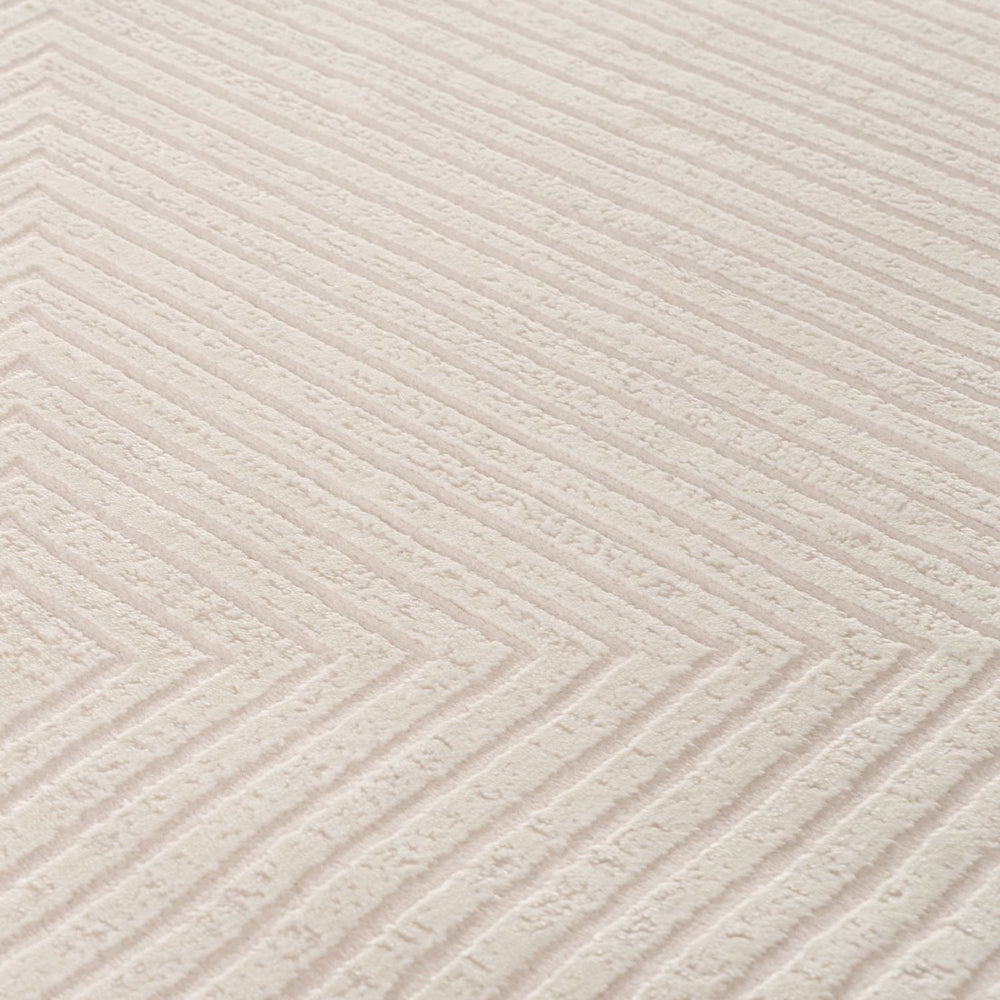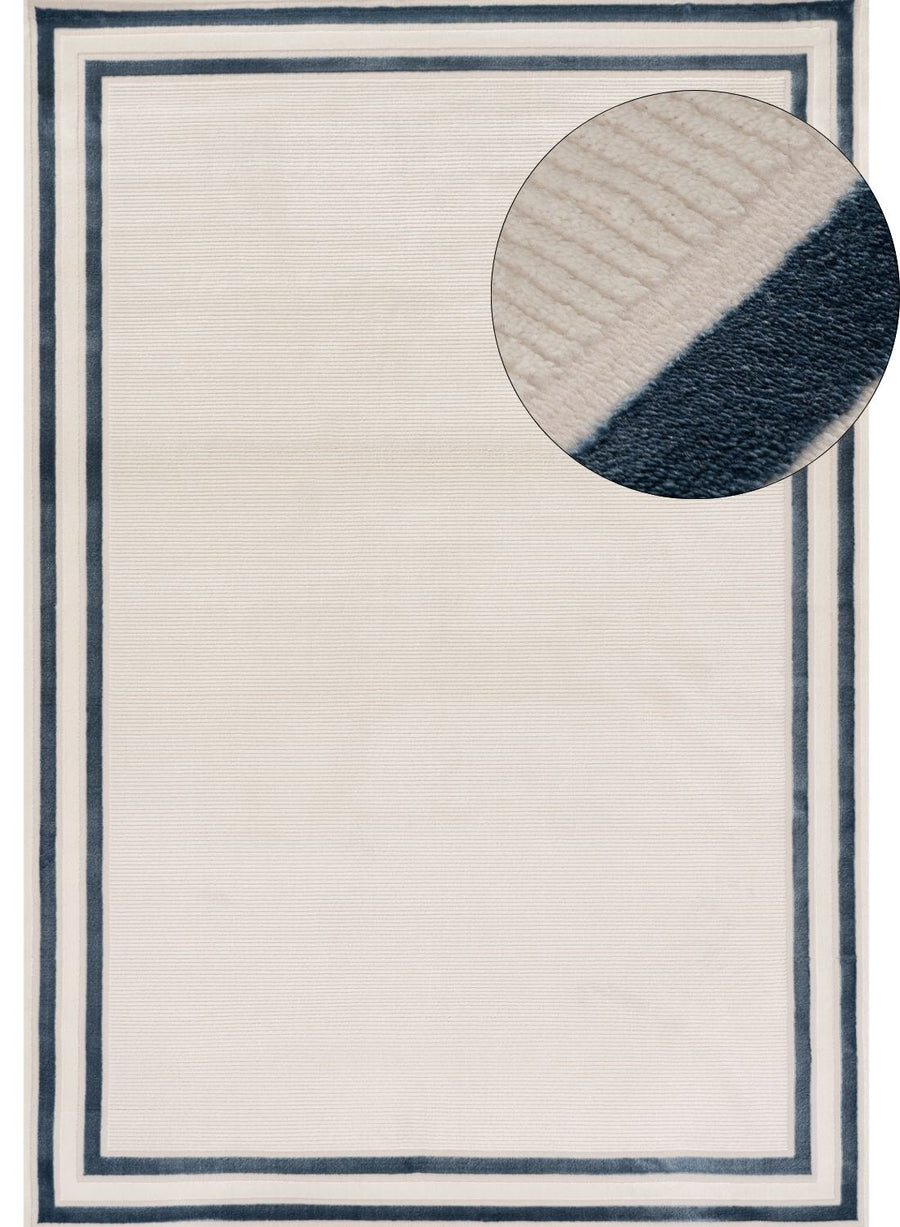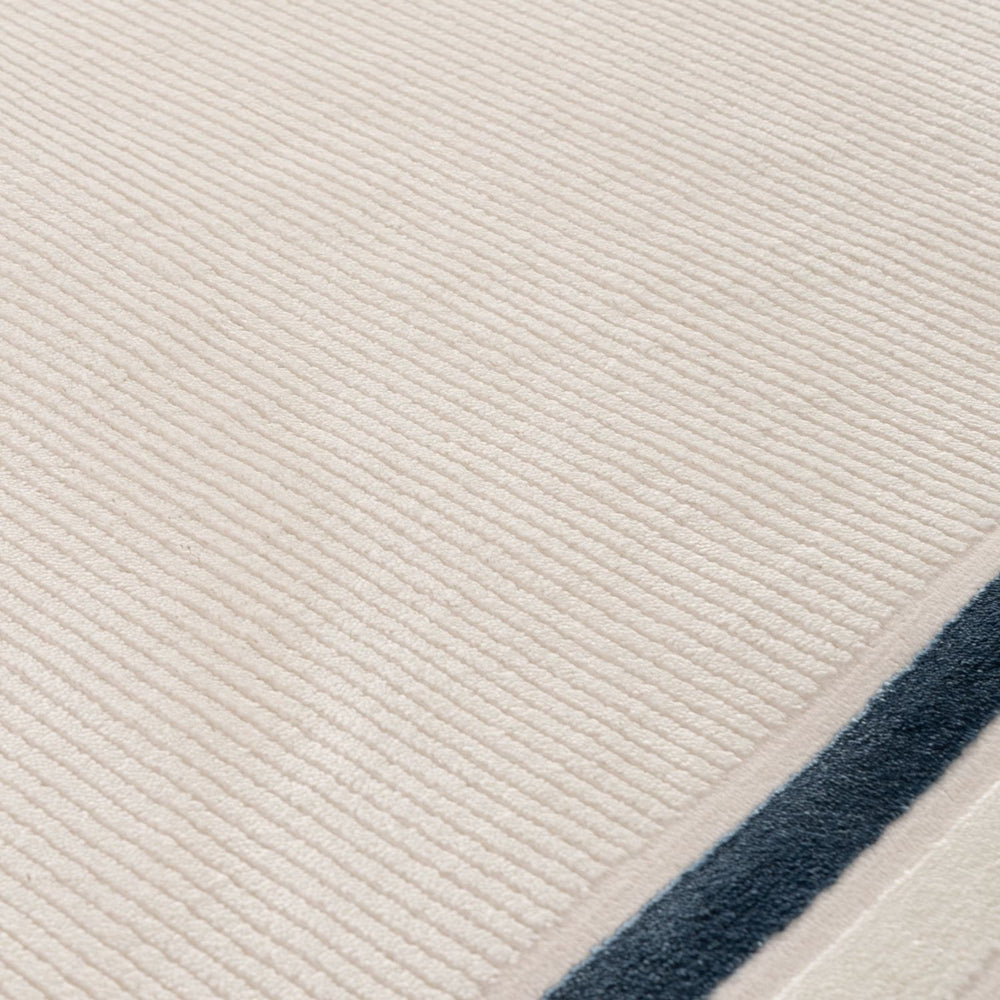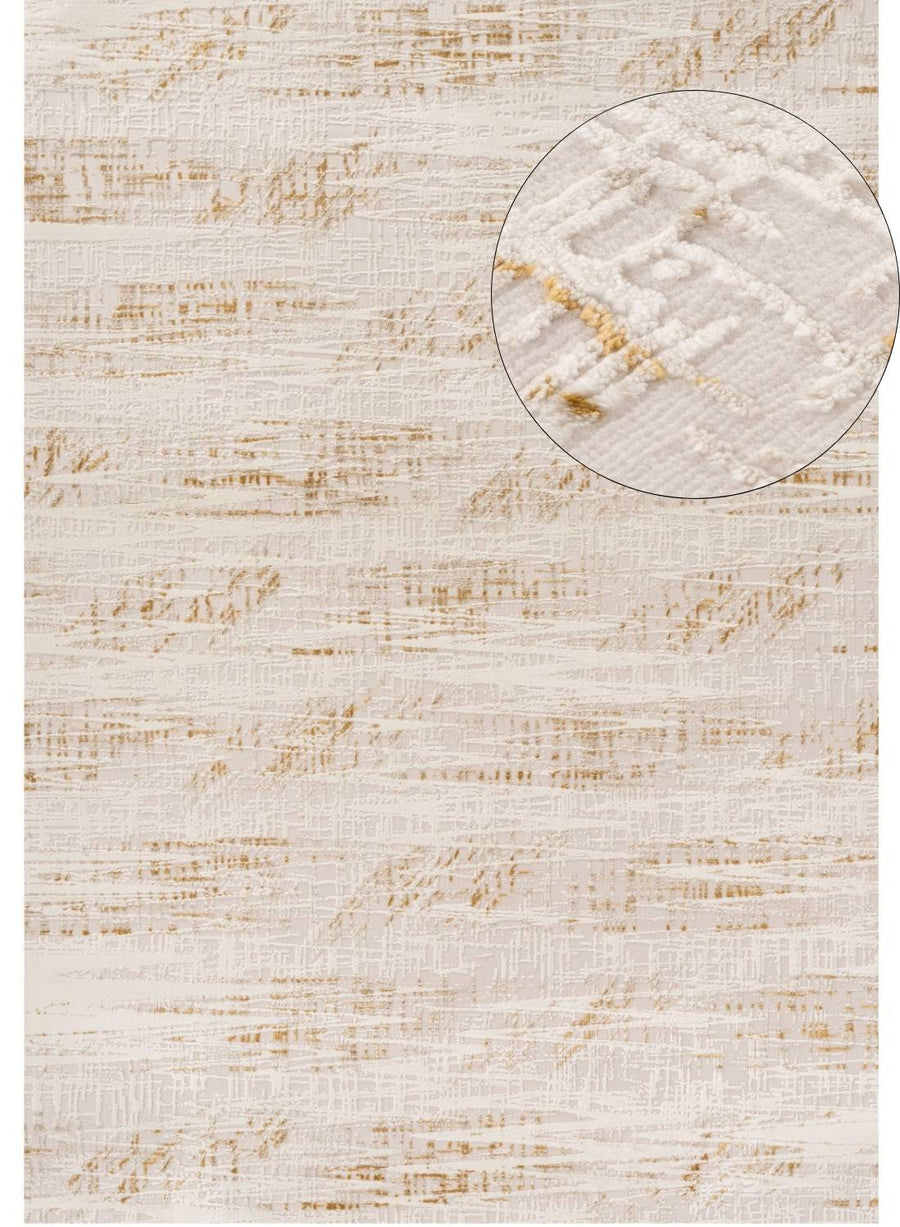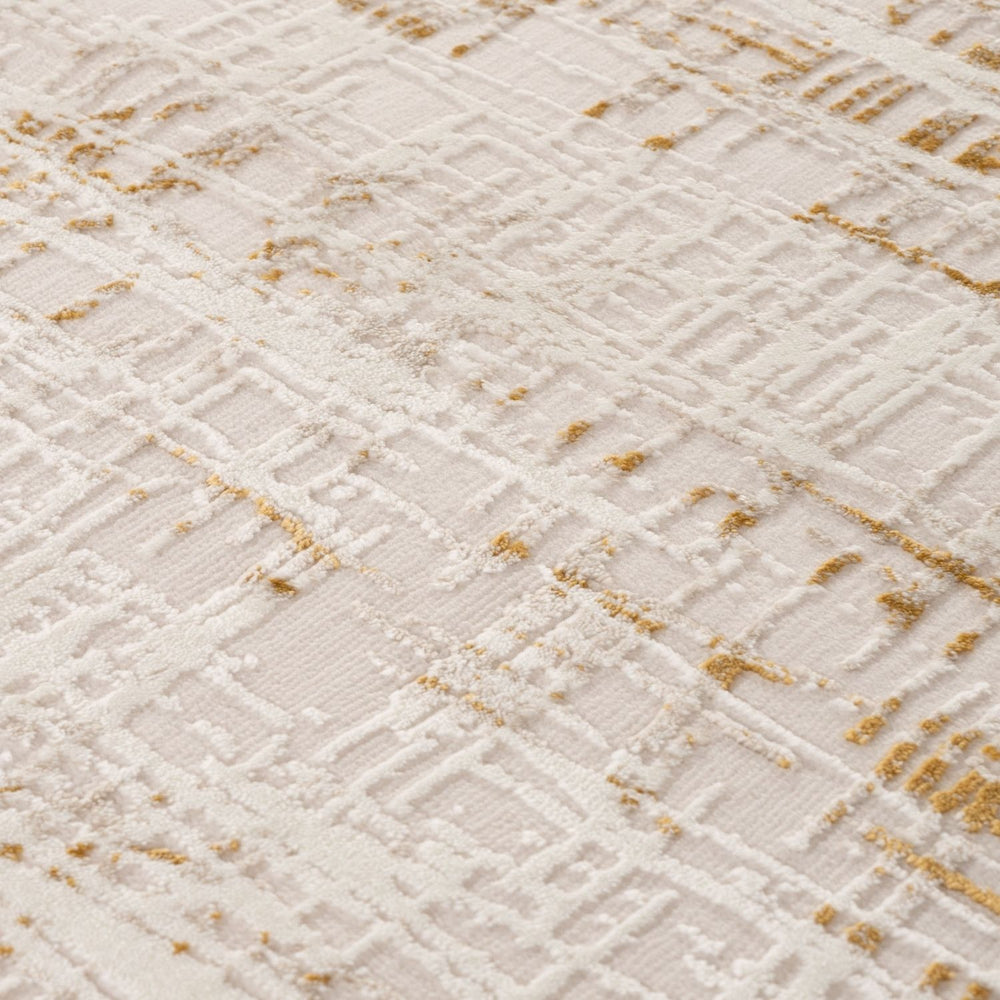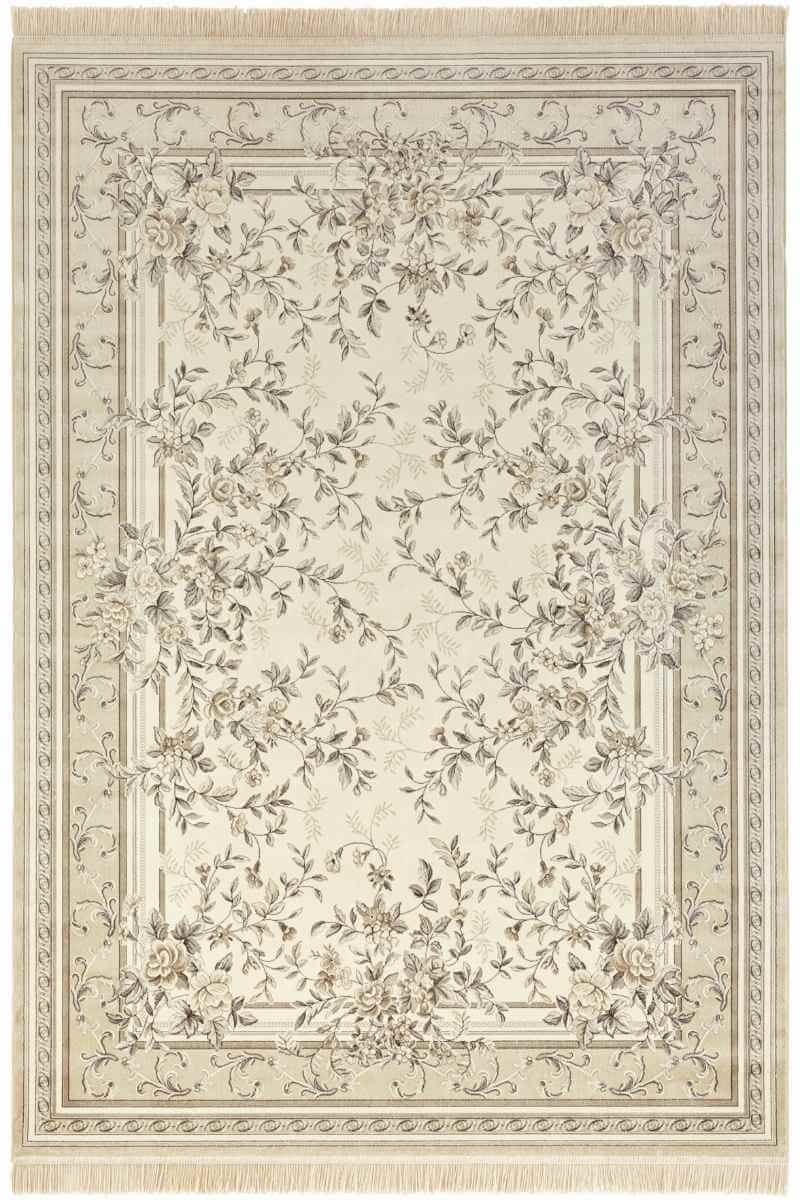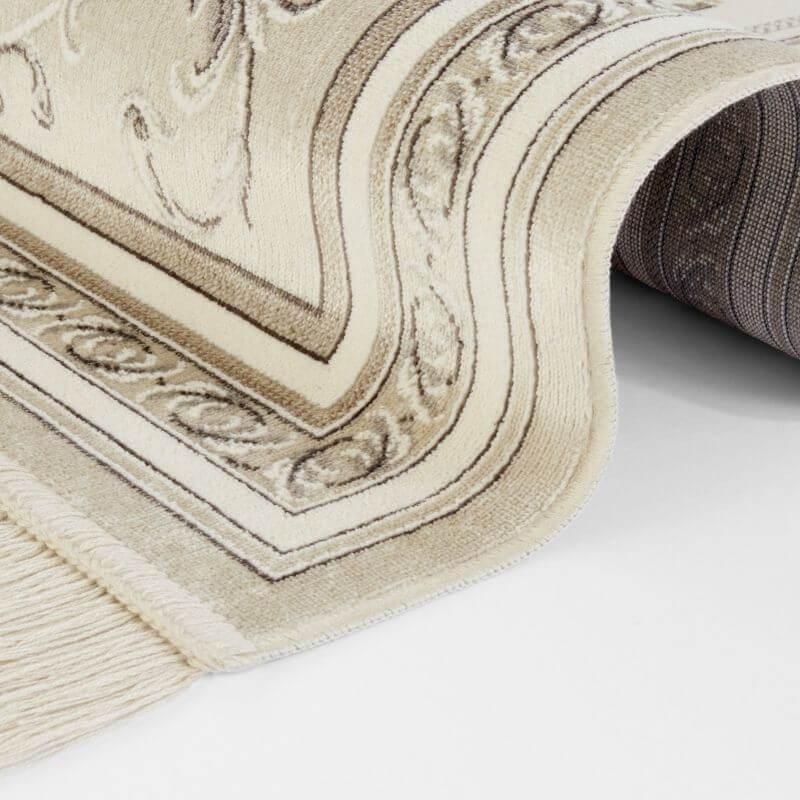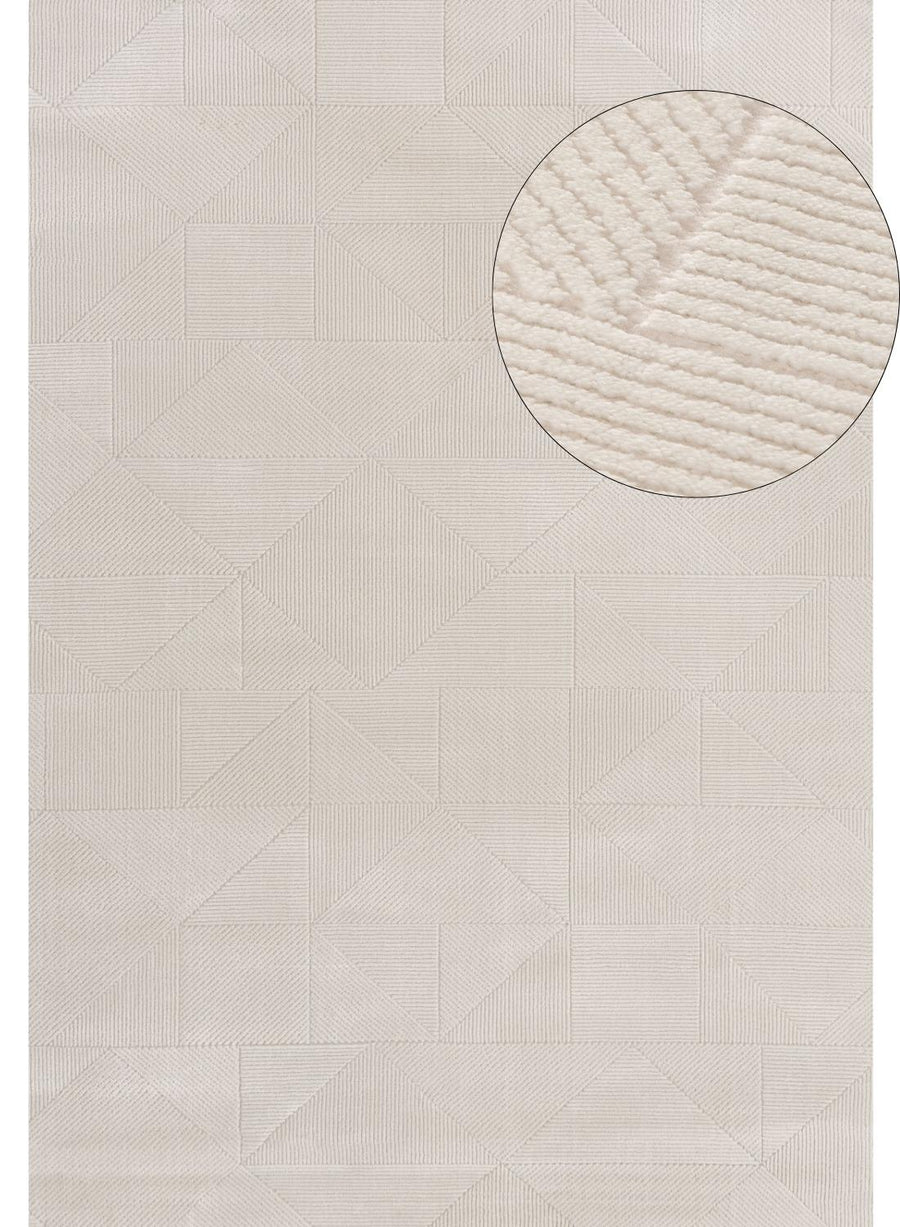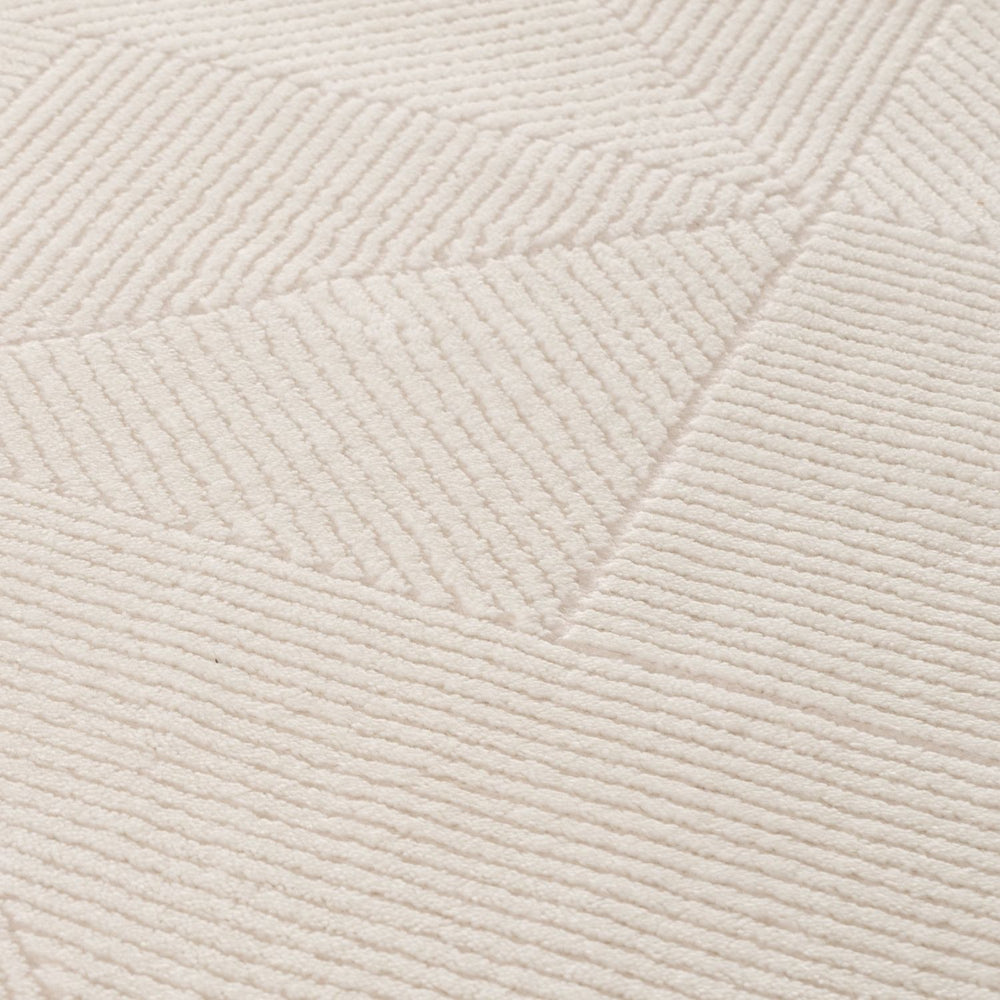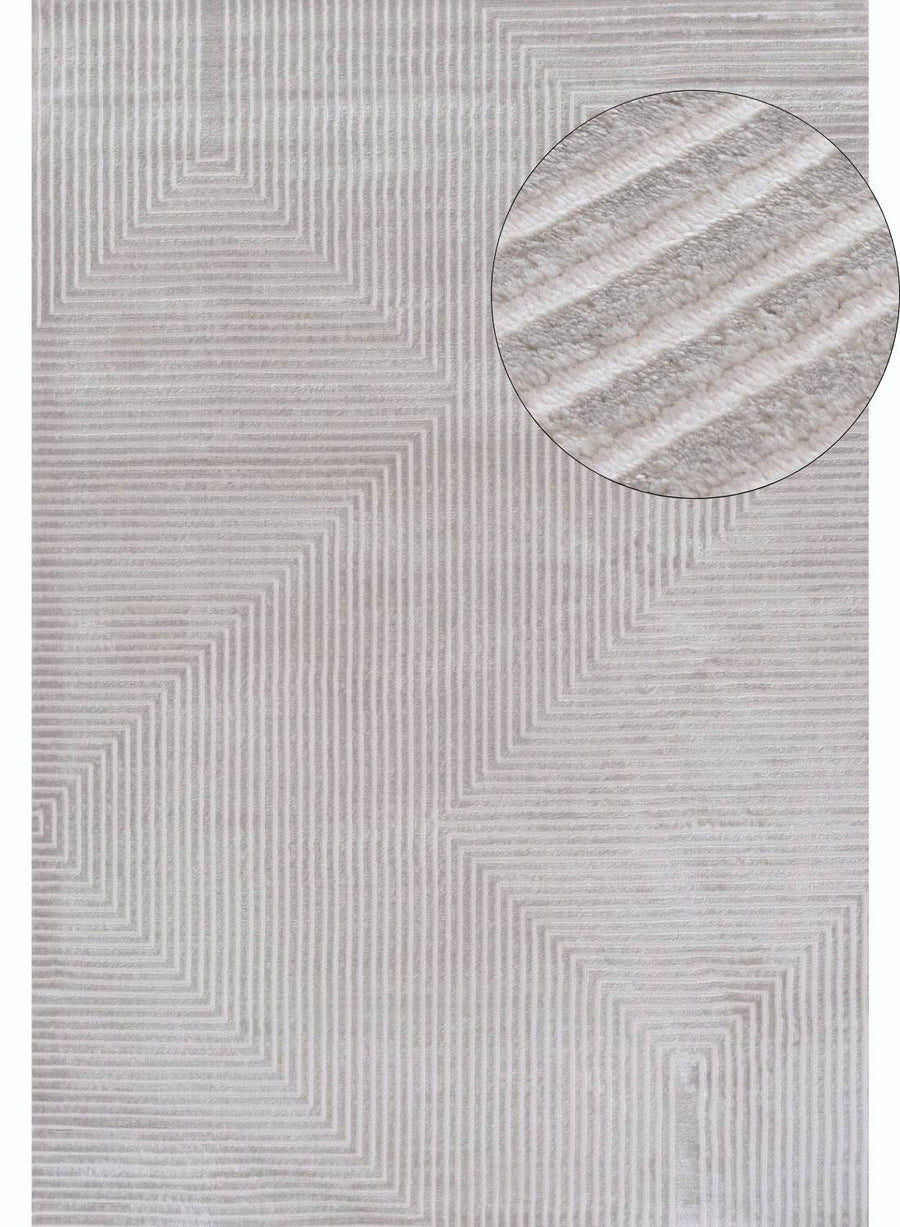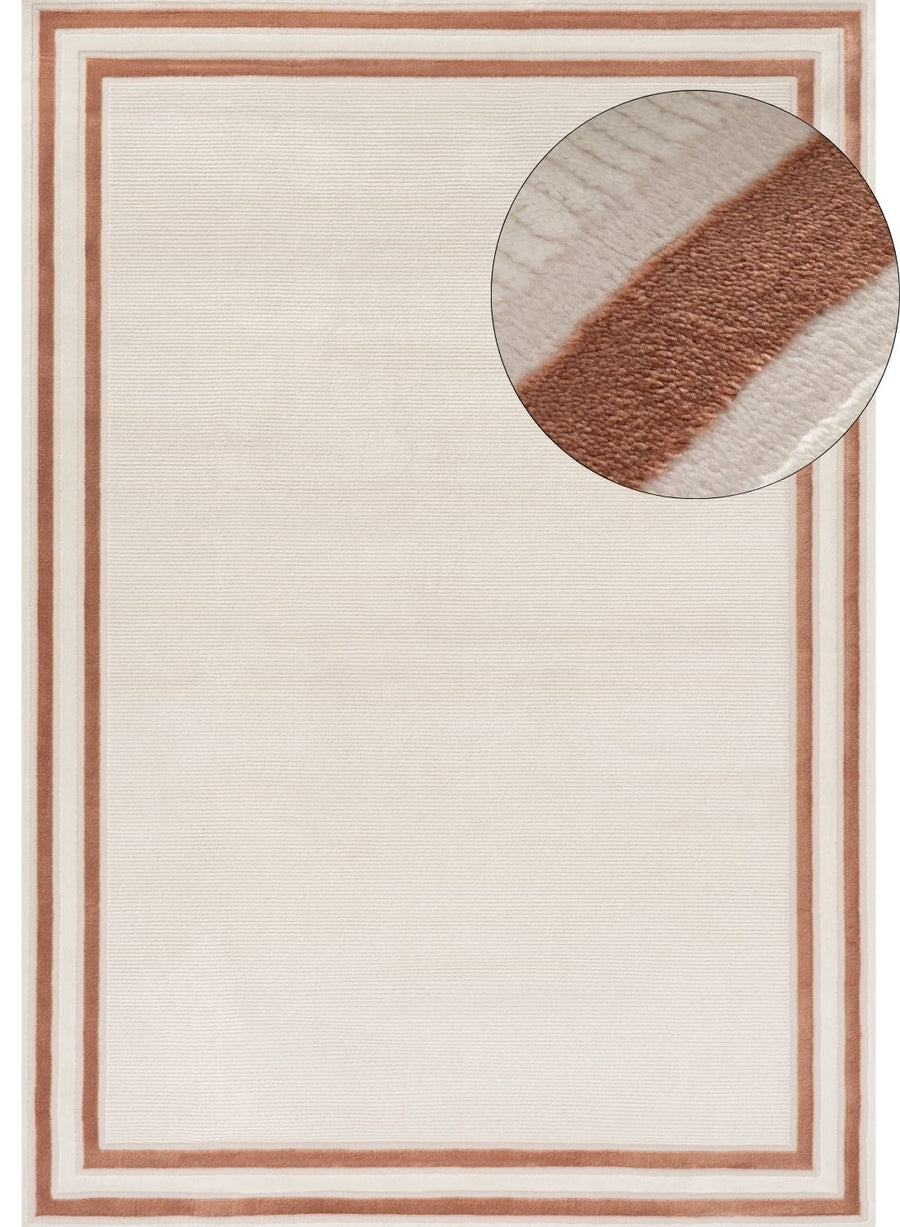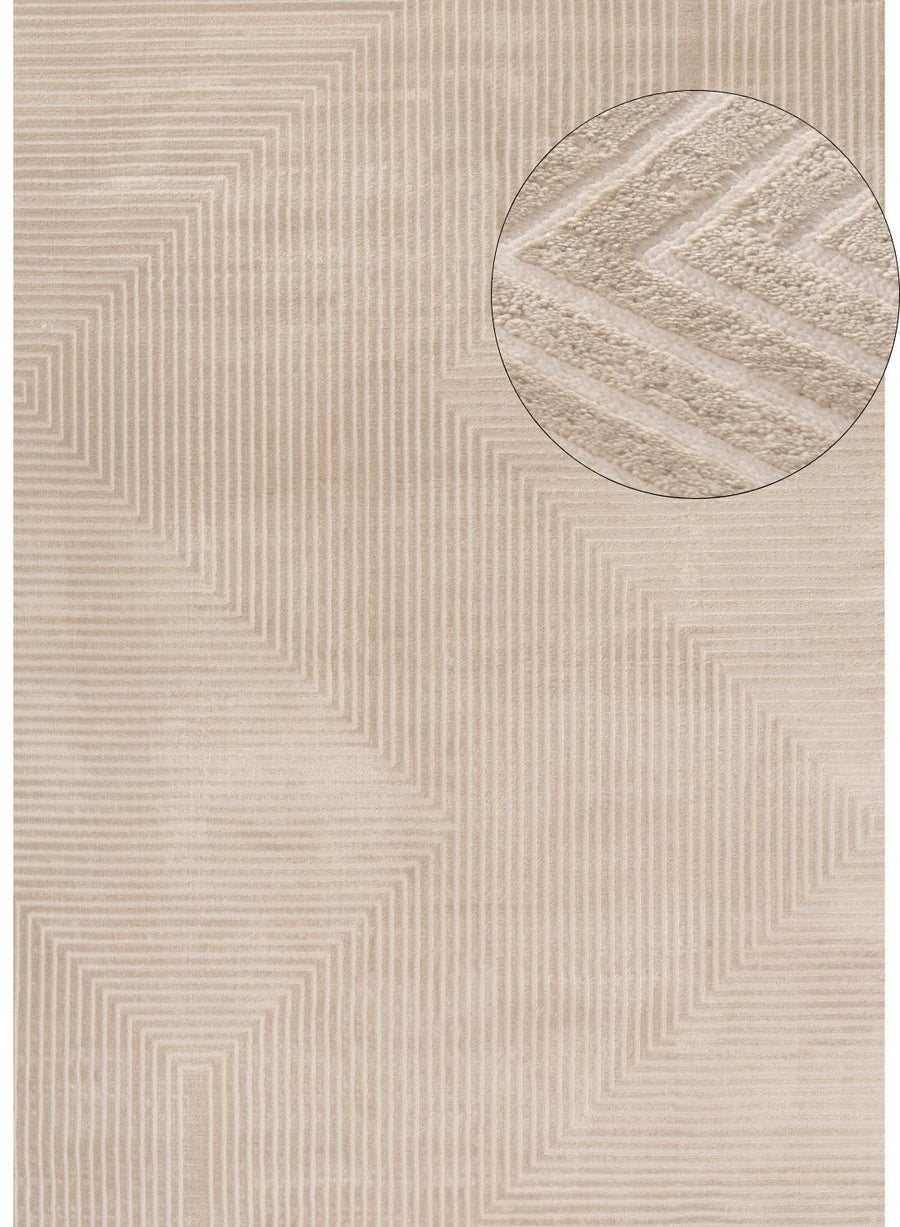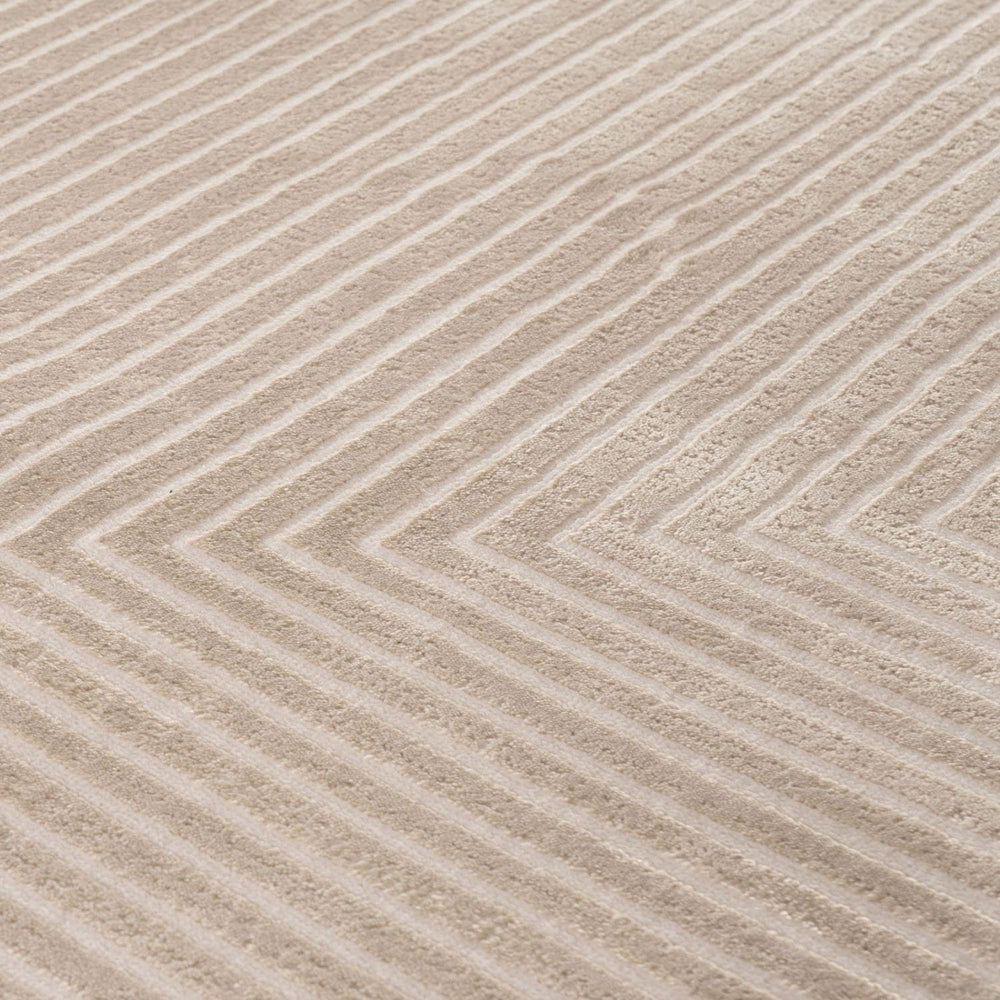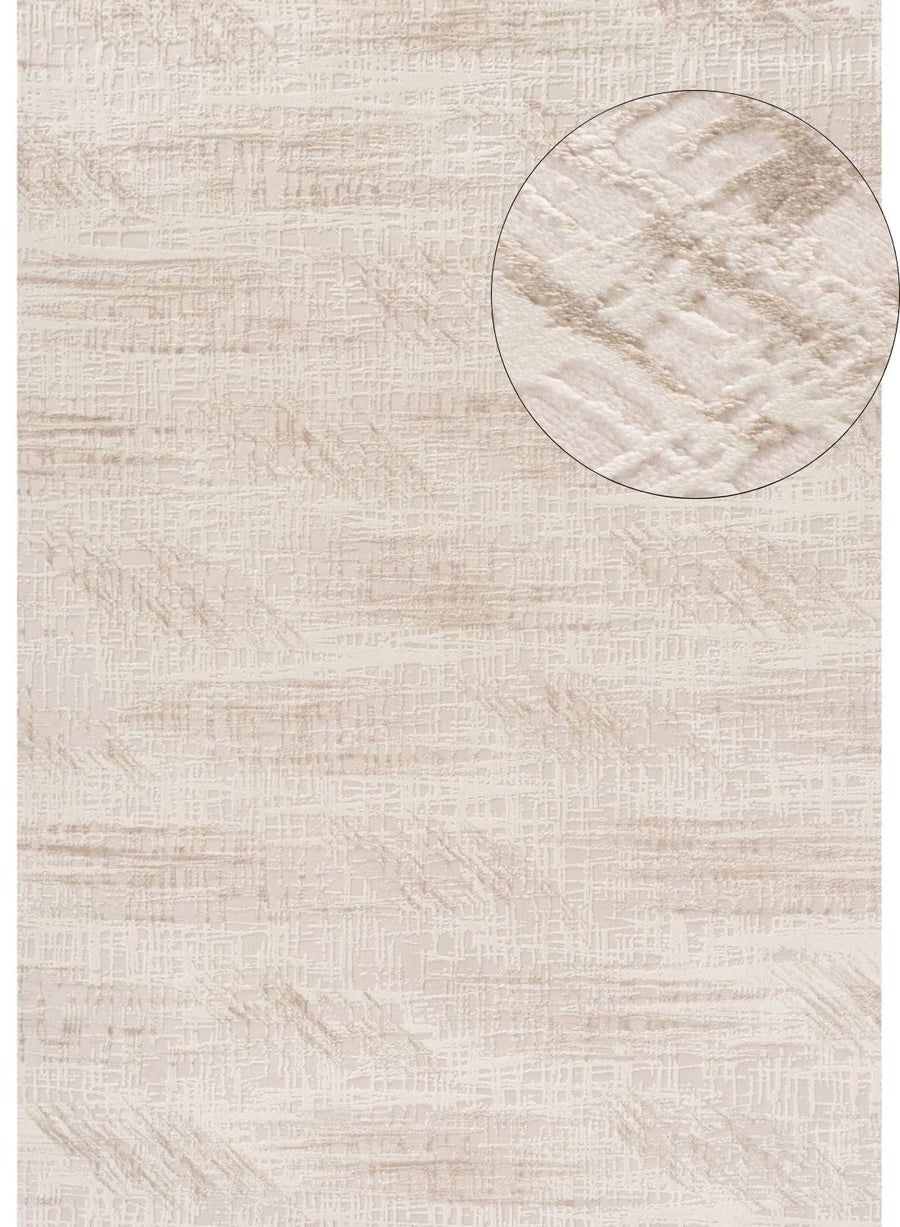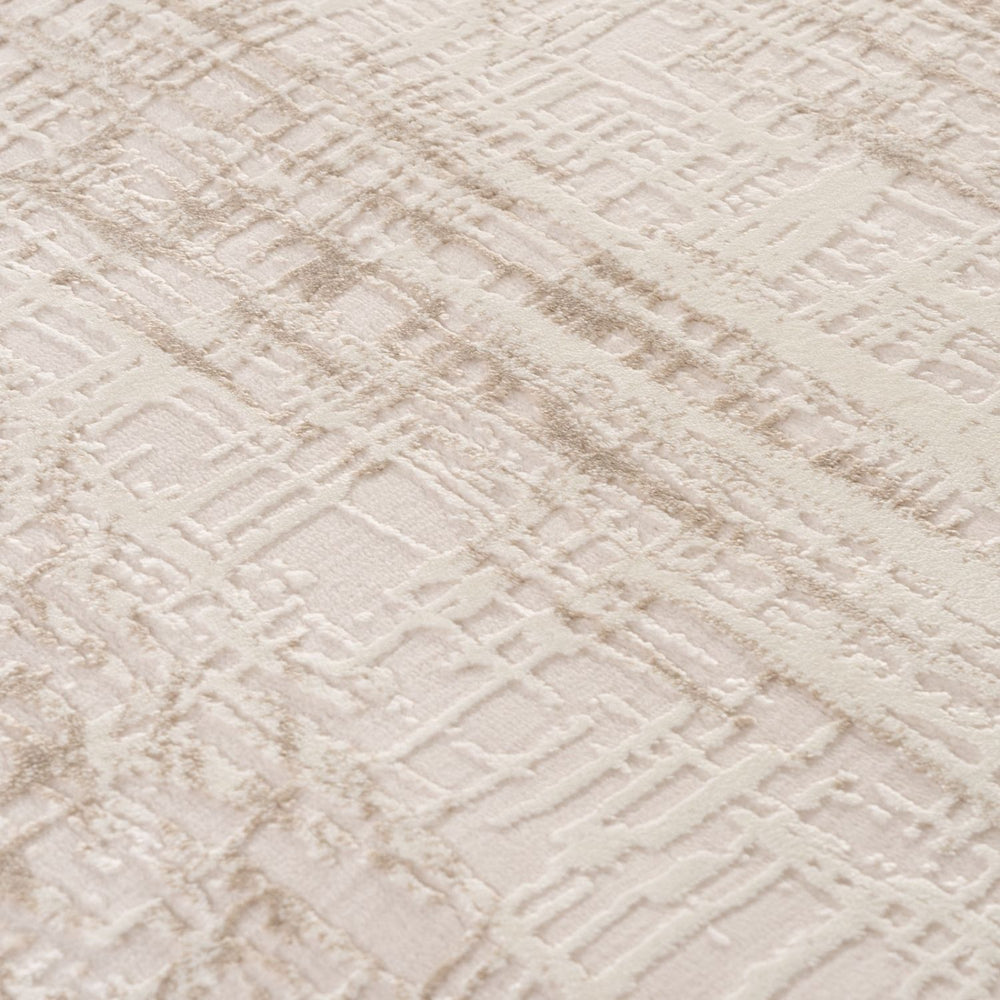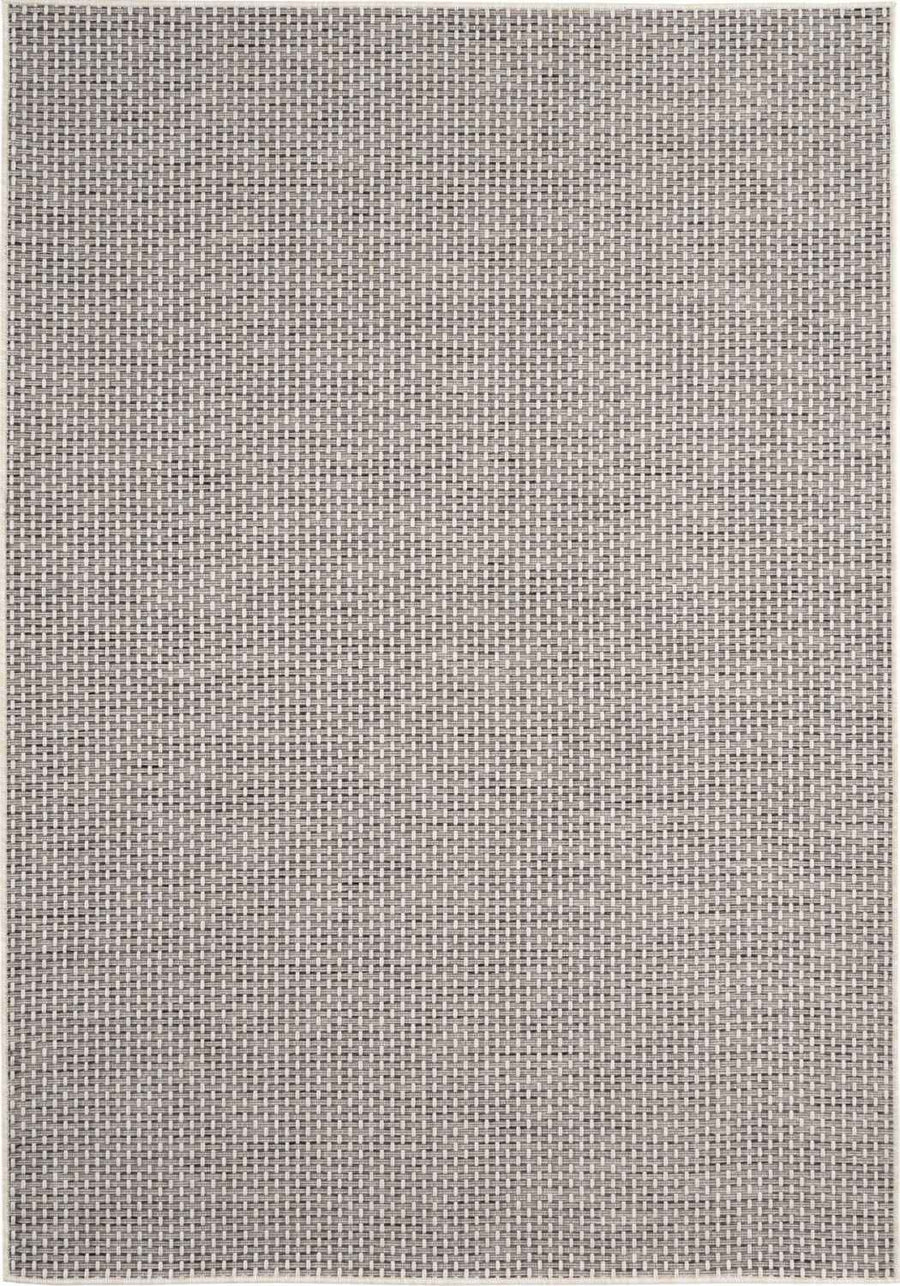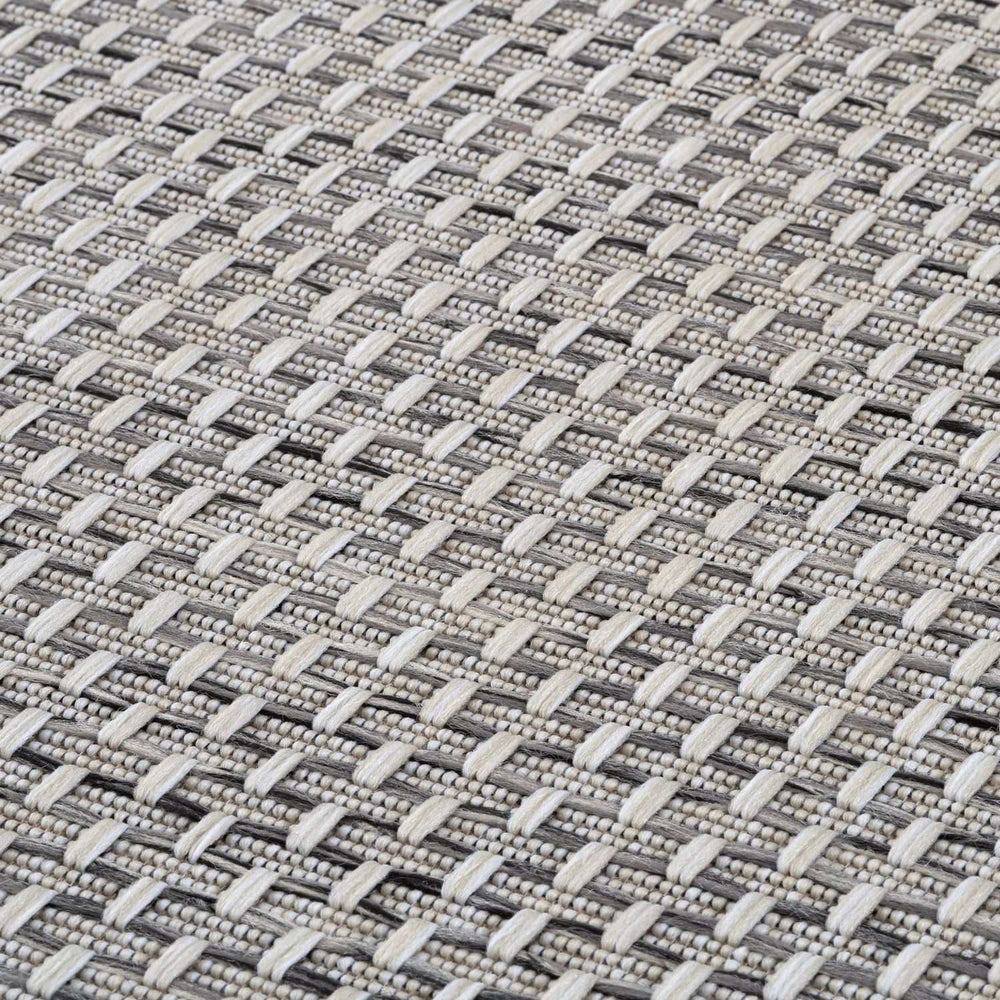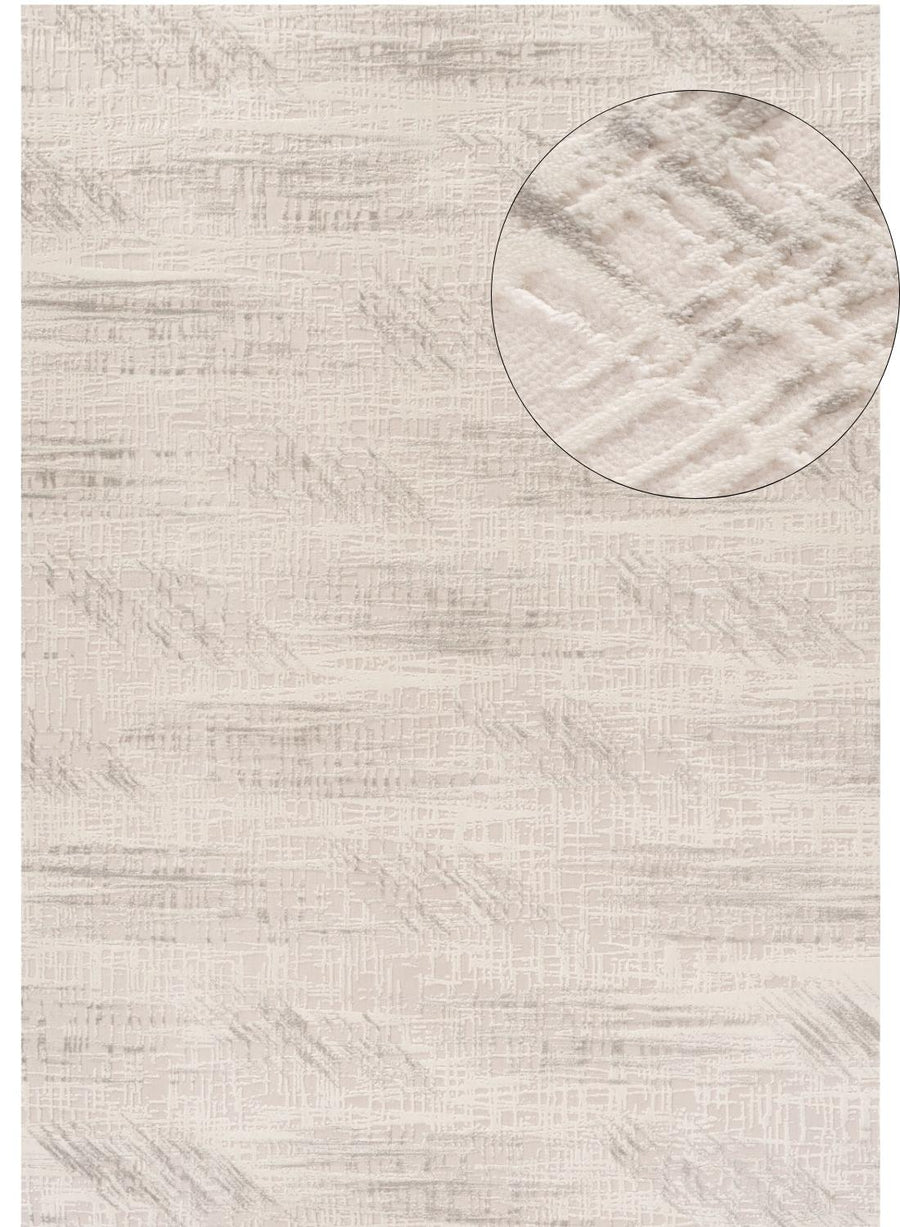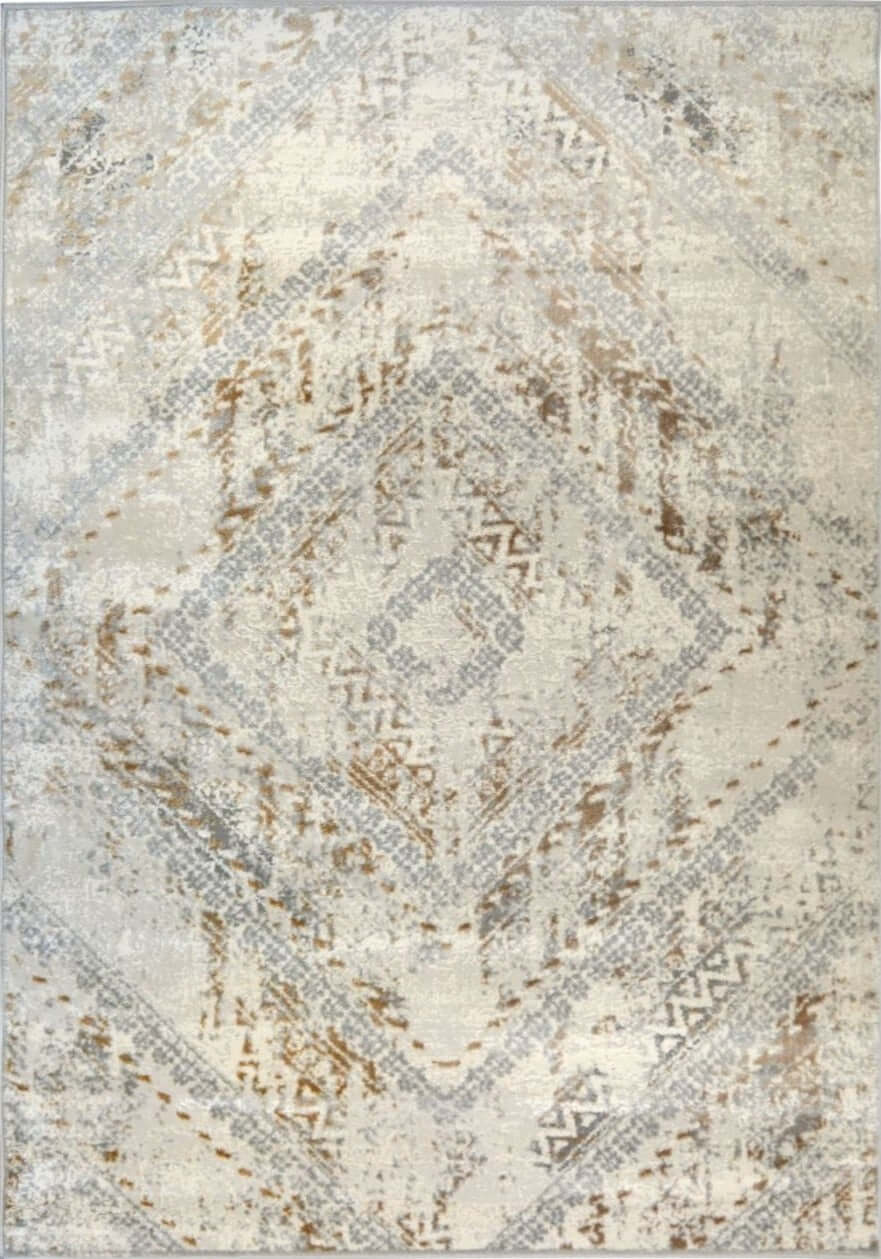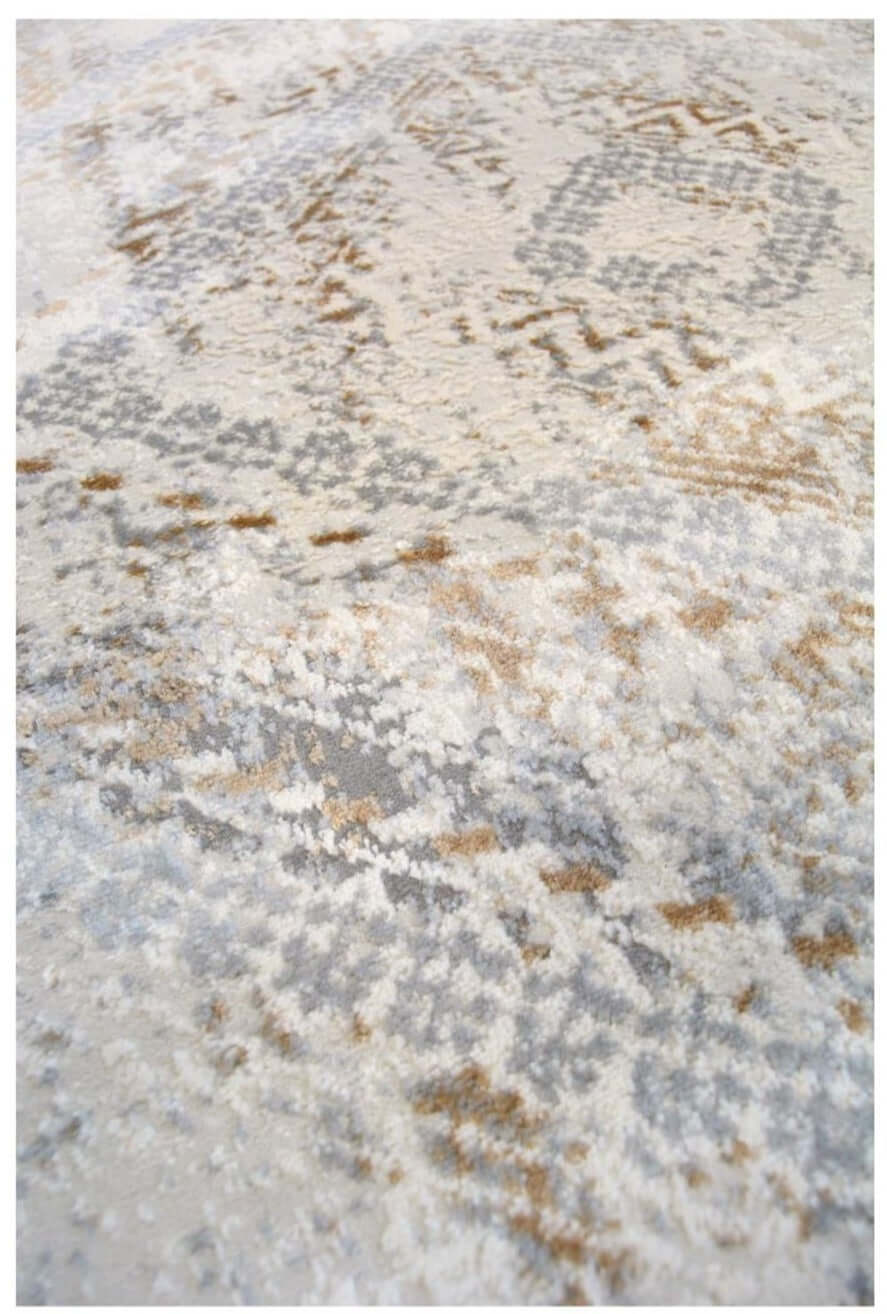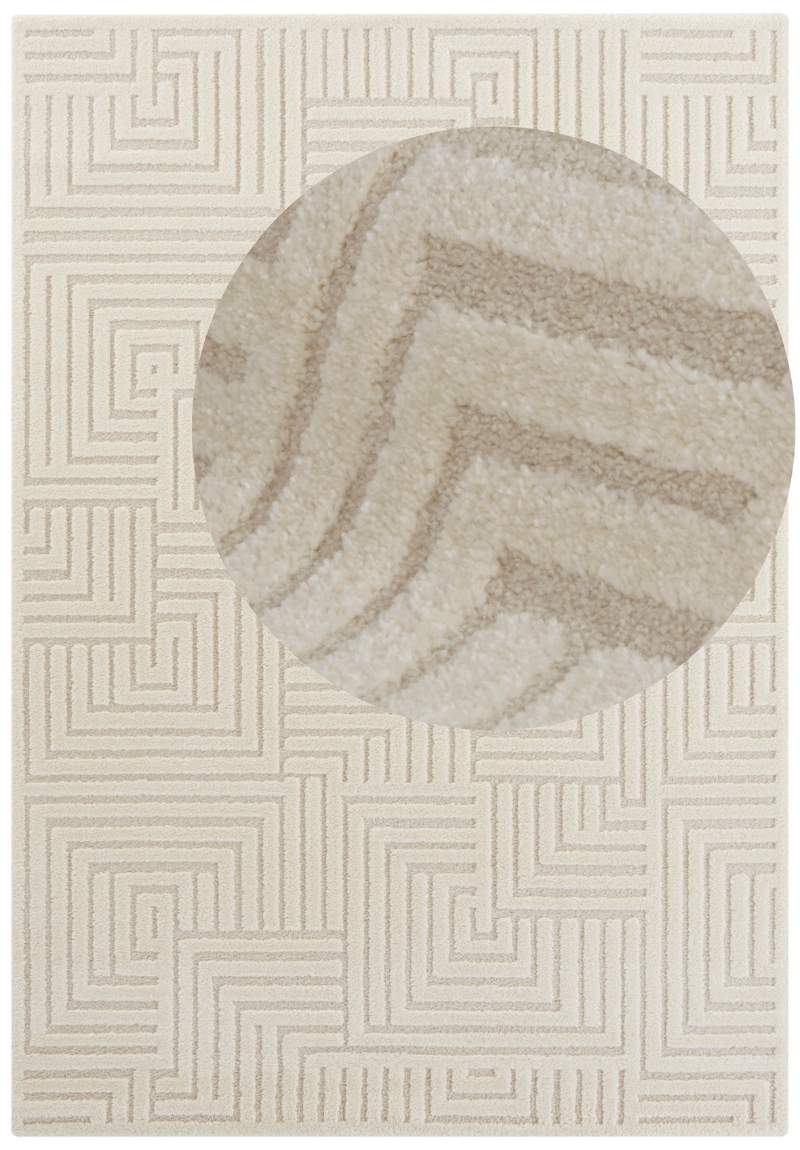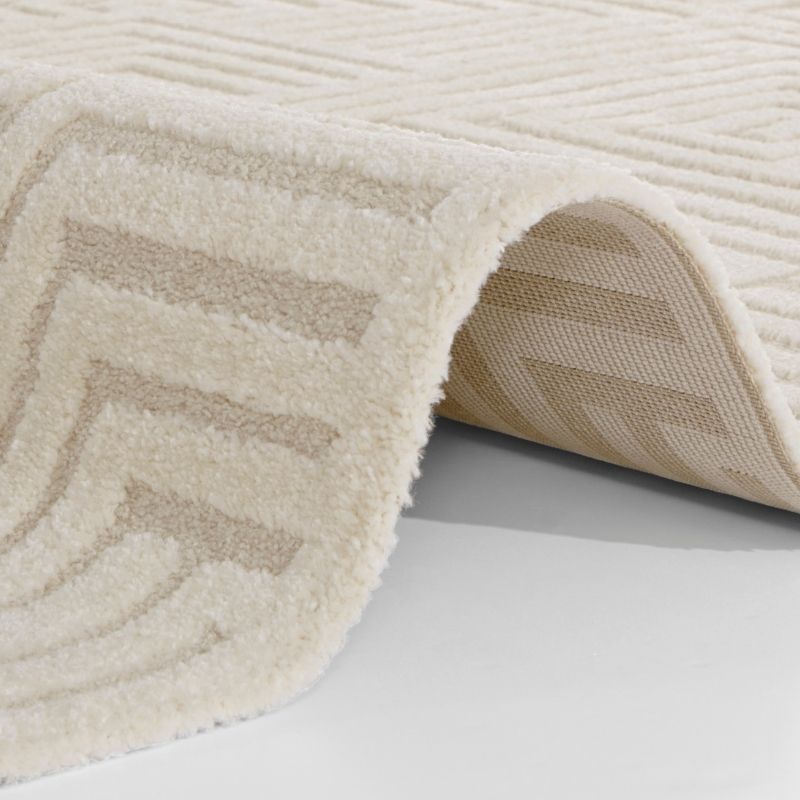Enhance Your Kitchen with Elegant Cream Kitchen Rugs
Transform the heart of your home with our exquisite collection of cream kitchen rugs. These versatile floor coverings not only add warmth and sophistication but also provide comfort and protection for your kitchen floors.
Why Choose Cream Kitchen Rugs?
Cream kitchen rugs offer numerous benefits:
- Timeless elegance: Create a classic, neutral look that complements any kitchen style
- Versatile appeal: Easily pair with various colour schemes and decor themes
- Brightening effect: Lighten up dark kitchen spaces and create an airy atmosphere
- Subtle sophistication: Add a touch of refinement without overpowering your kitchen design
Selecting the Perfect Cream Kitchen Rug
Choosing the ideal cream kitchen rug involves considering several key factors:
Measure Your Kitchen's Neutral Spaces
Before selecting cream kitchen rugs, carefully measure the areas where you plan to place them. Popular locations include:
- In front of the sink for a soft, comfortable standing area
- Under the dining table to define an elegant eating space
- Along a kitchen island to add a touch of warmth
Determine the Ideal Cream Rug Size
Choose a cream kitchen rug size that fits your measured space appropriately:
- Sink area: Aim for a2-foott by 3-foot cream mat for optimal coverage
- Kitchen island: Let your cream rug extend a few inches beyond the island's edges
- Dining area: Add 24-36 inches of creamy comfort to each side of the table's dimensions
Select Kitchen-Friendly Materials for Cream Rugs
For cream kitchen rugs, consider these durable and easy-to-clean options:
- Synthetic fibres: Offer stain-resistance and moisture-repellent properties while maintaining the cream hue
- Cotton blends: Provide a soft touch with machine-washable convenience in this neutral tone
- Indoor/outdoor rugs: Ensure high durability for your cream rugs in high-traffic kitchen areas
Explore Complementary Cream Designs
Select cream kitchen rugs that enhance your kitchen's existing decor:
- Solid cream: Create a seamless, uninterrupted expanse of neutral elegance
- Textured cream: Add visual interest with subtle patterns and raised designs
- Two-tone cream: Incorporate depth with varying shades of cream and off-white
Consider Rug Shapes for Your Cream Kitchen Layout
The shape of your cream kitchen rug can significantly impact the room's appearance:
- Rectangular: Ideal for framing your kitchen with a classic, neutral border
- Round: Perfect for creating a soft focal point in small eating nooks
- Runner: Excellent for lining galley kitchens with an elegant cream path
Pile Height and Texture for Kitchen Functionality
For cream kitchen rugs, prioritise:
- Low to medium pile: Ensures easy cleaning while providing a plush, comfortable surface
- Flat-weave options: Ideal for high-traffic areas, showcasing the cream colour beautifully
Maintenance and Safety Features
Choose cream kitchen rugs that are both easy to maintain and safe for kitchen use:
- Machine-washable options for preserving the cream colour
- Stain-resistant treatments to protect your light-colored rugs
- Non-slip backing or rug pads for keeping your cream rugs securely in place
Styling Tips for Cream Kitchen RugsMaximisee the impact of your cream kitchen rug with these innovative design ideas:
- Pair with dark wood cabinetry for a striking contrast
- Combine with pastel kitchen accessories for a soft, cohesive look
- Layer multiple cream rugs in complementary textures for a rich, dimensional effect
- Mix cream rugs with metallic accents for a touch of glamour in your kitchen
Create a Timeless Kitchen with Cream Rugs from The-Rugs
Revitalise your kitchen with our captivating collection of cream kitchen rugs. Whether you're looking to add a touch of elegance, create a neutral foundation, or ensure a safe, non-slip surface with classic style, our cream rugs are the perfect solution.
Order directly from our website and enjoy complimentary delivery on all UK orders. Enhance your kitchen's style and functionality with our premium cream kitchen rugs from The-Rugs – where timeless design meets practical comfort in every neutral-toned step.
Ready to evolve your kitchen into a cosy and inviting culinary haven with The Rugs? Check out our range of kitchen rugs here.
Related Rugs Collections
Rugs
Rugs by Room
Washable Rugs
Kitchen runner rugs
Washable kitchen rugs
Large kitchen rugs
Grey kitchen rugs
Black kitchen rugs
Striped Rugs & Runners for Kitchen
Beige Kitchen Rugs
Rugs for sale
Related Posts
Home Decoration
Kitchen ideas
DIY Kitchens Planning Tips
The Ultimate Guide to Choosing a Kitchen Runner
Kitchen Storage Ideas For You
How to Choose a Rug for Your Kitchen












